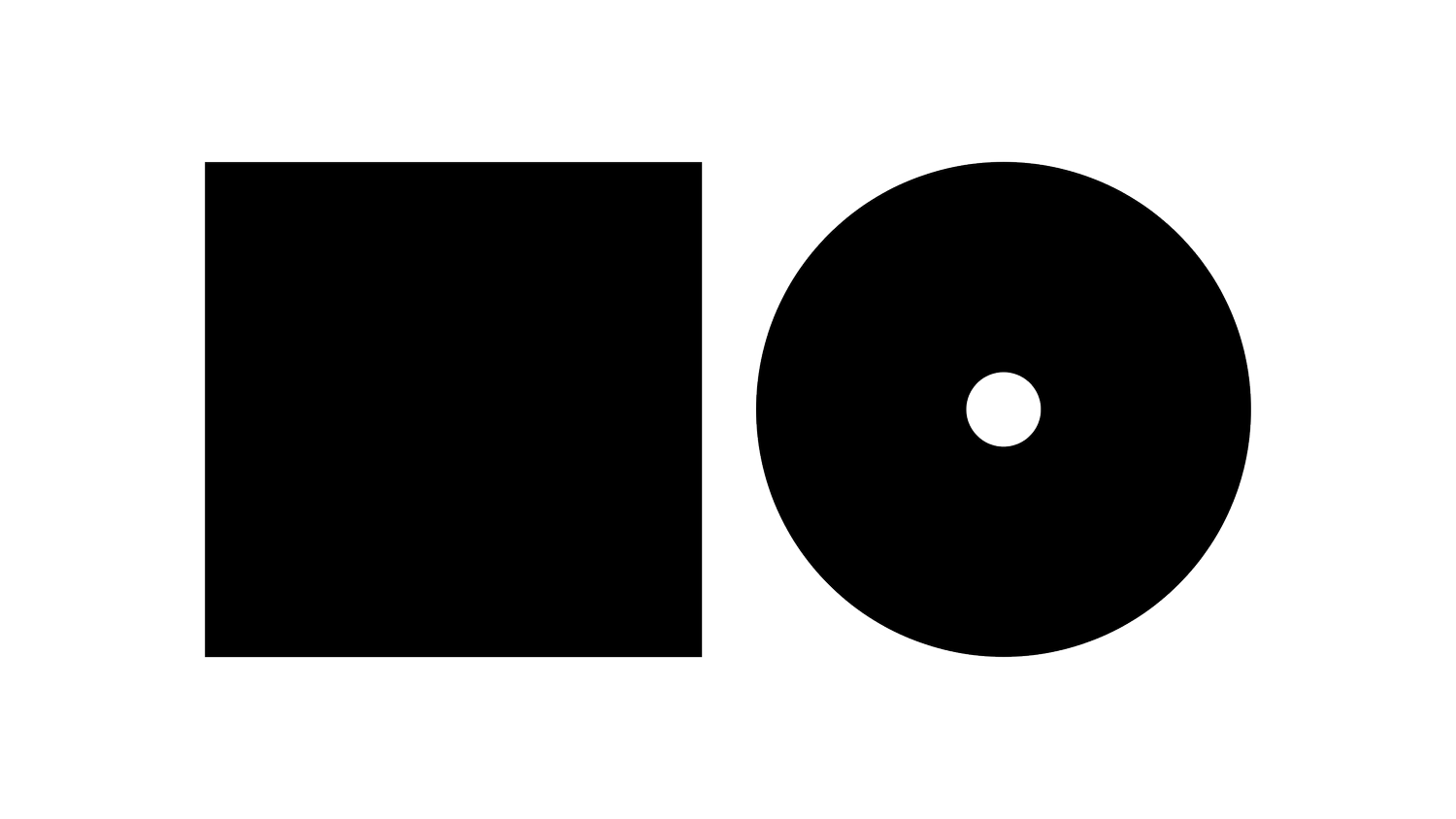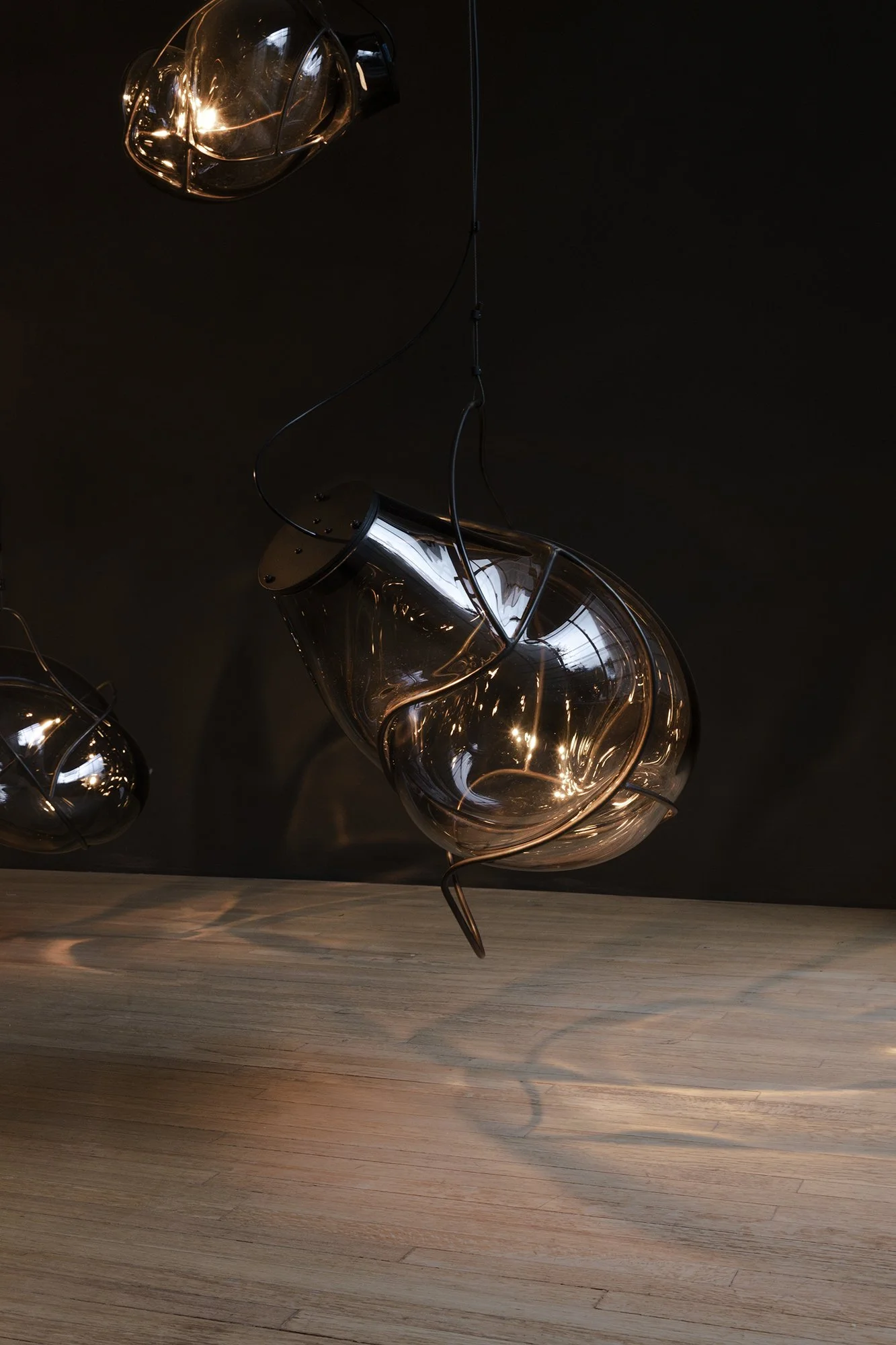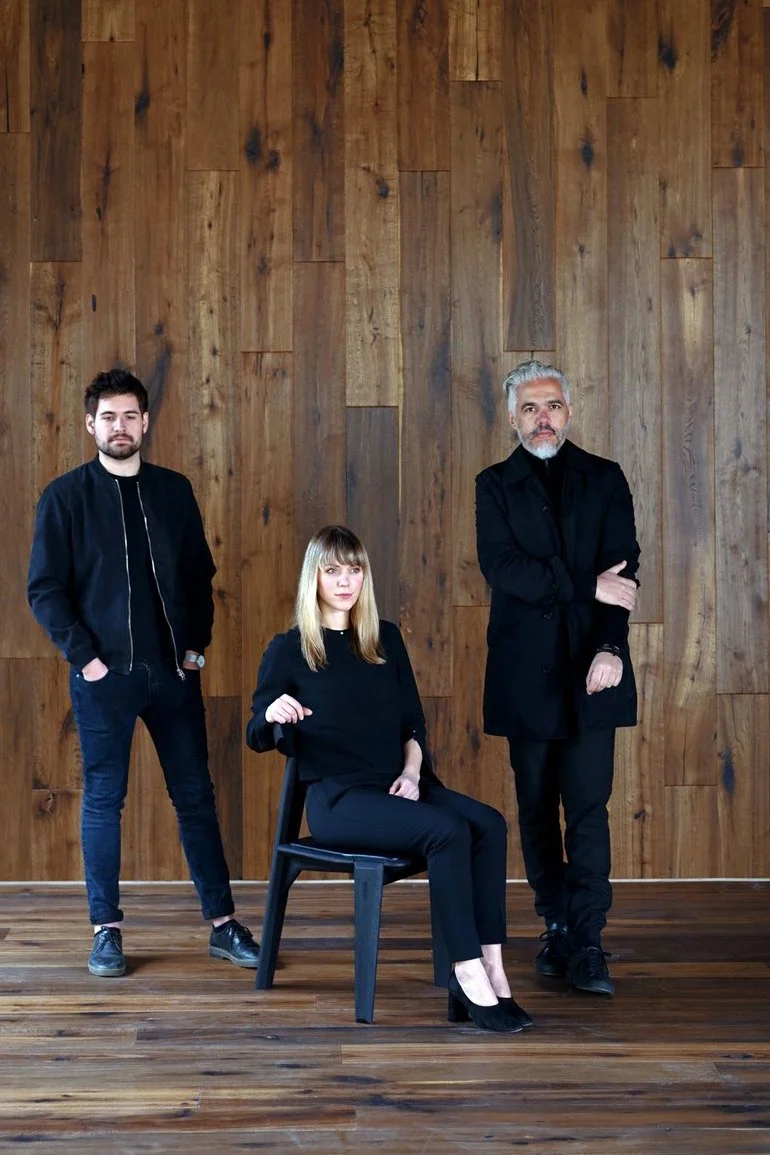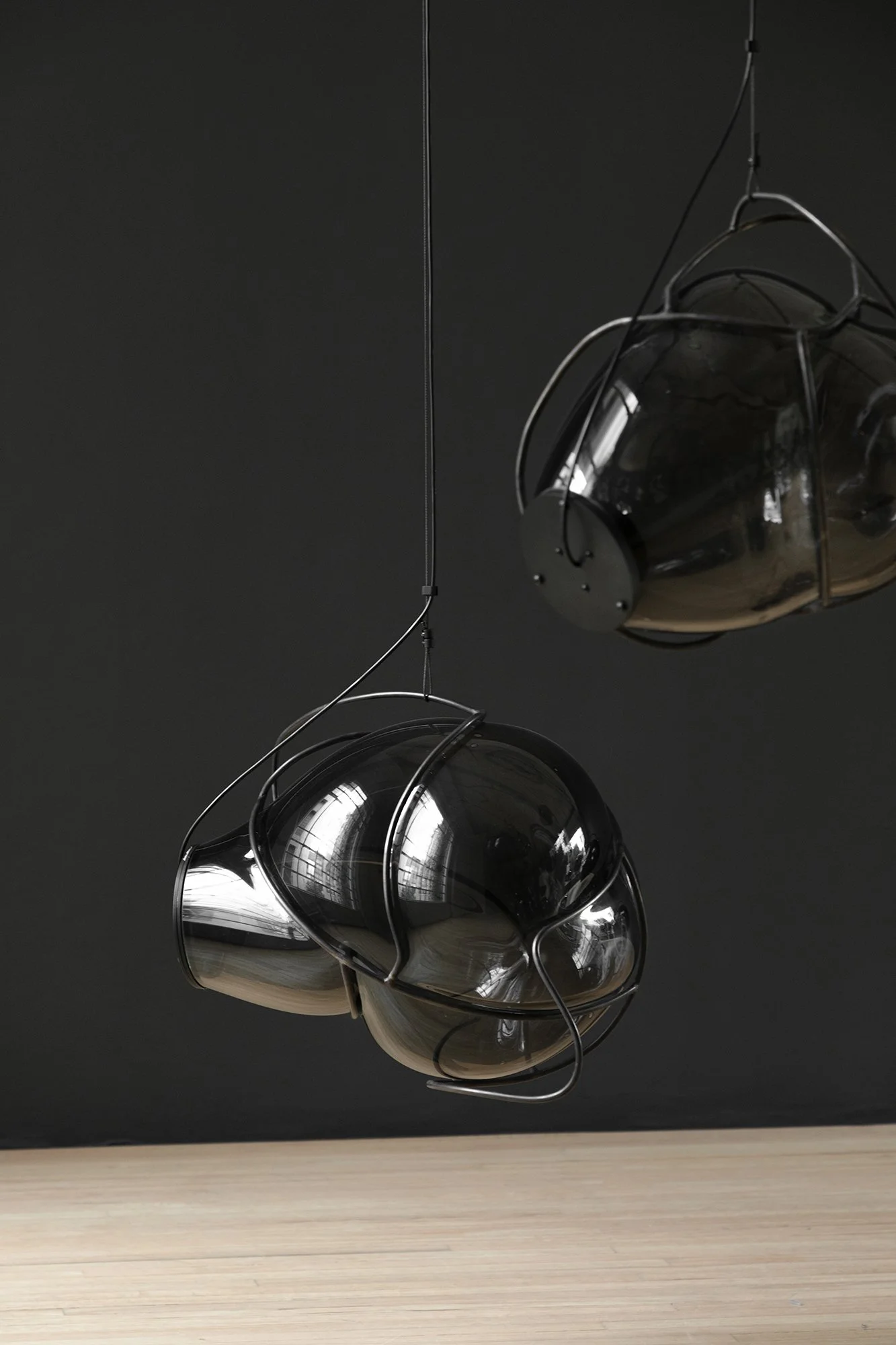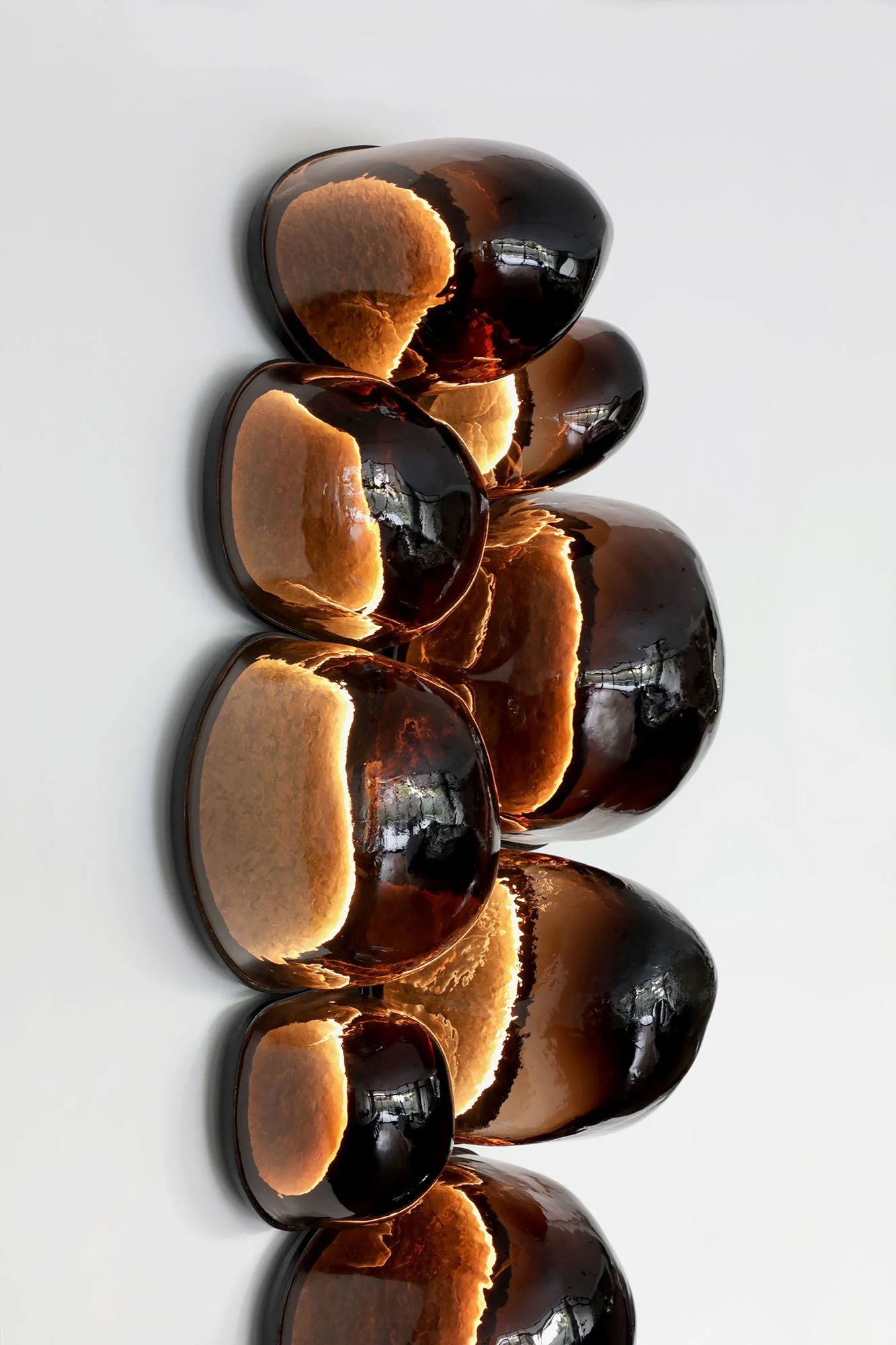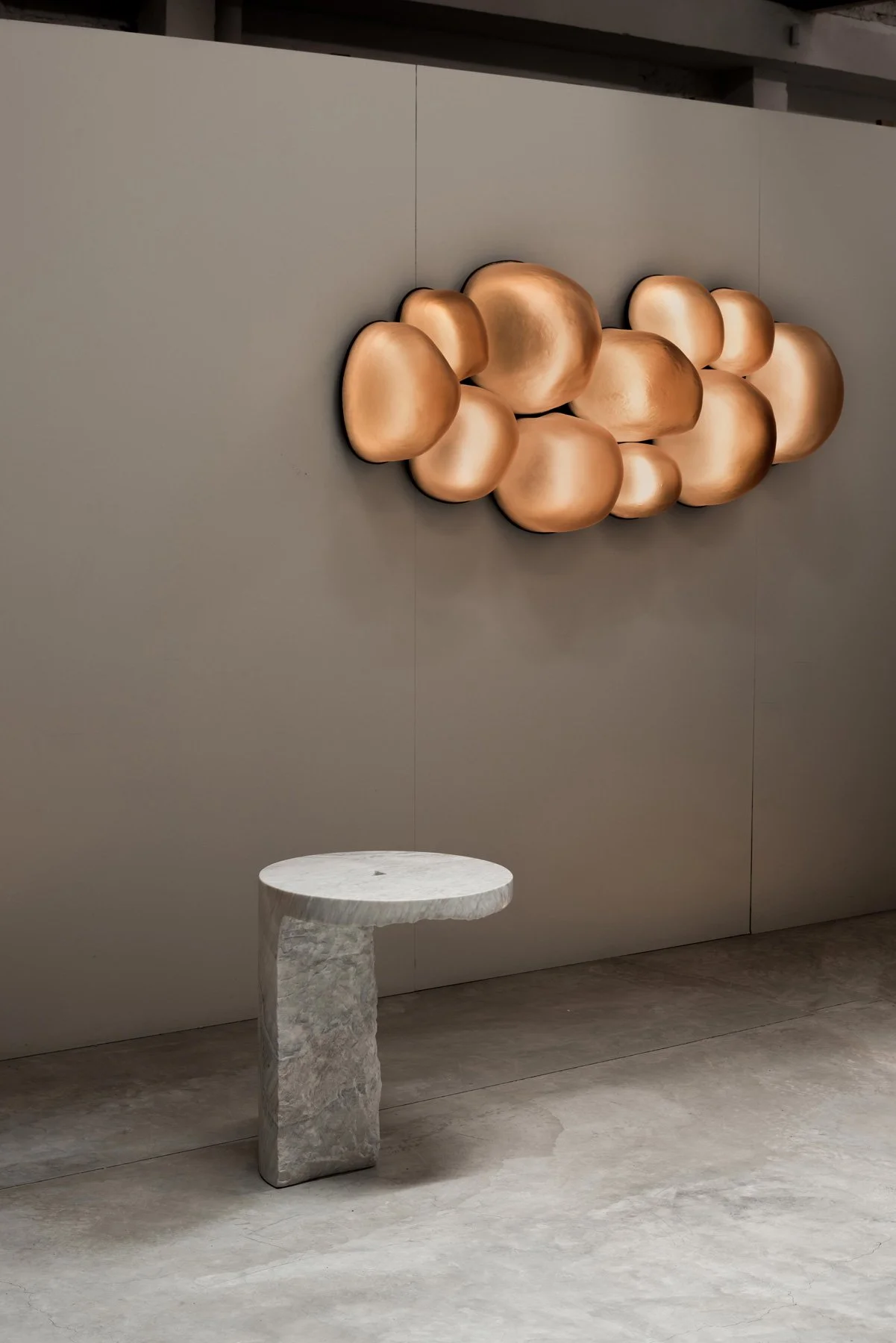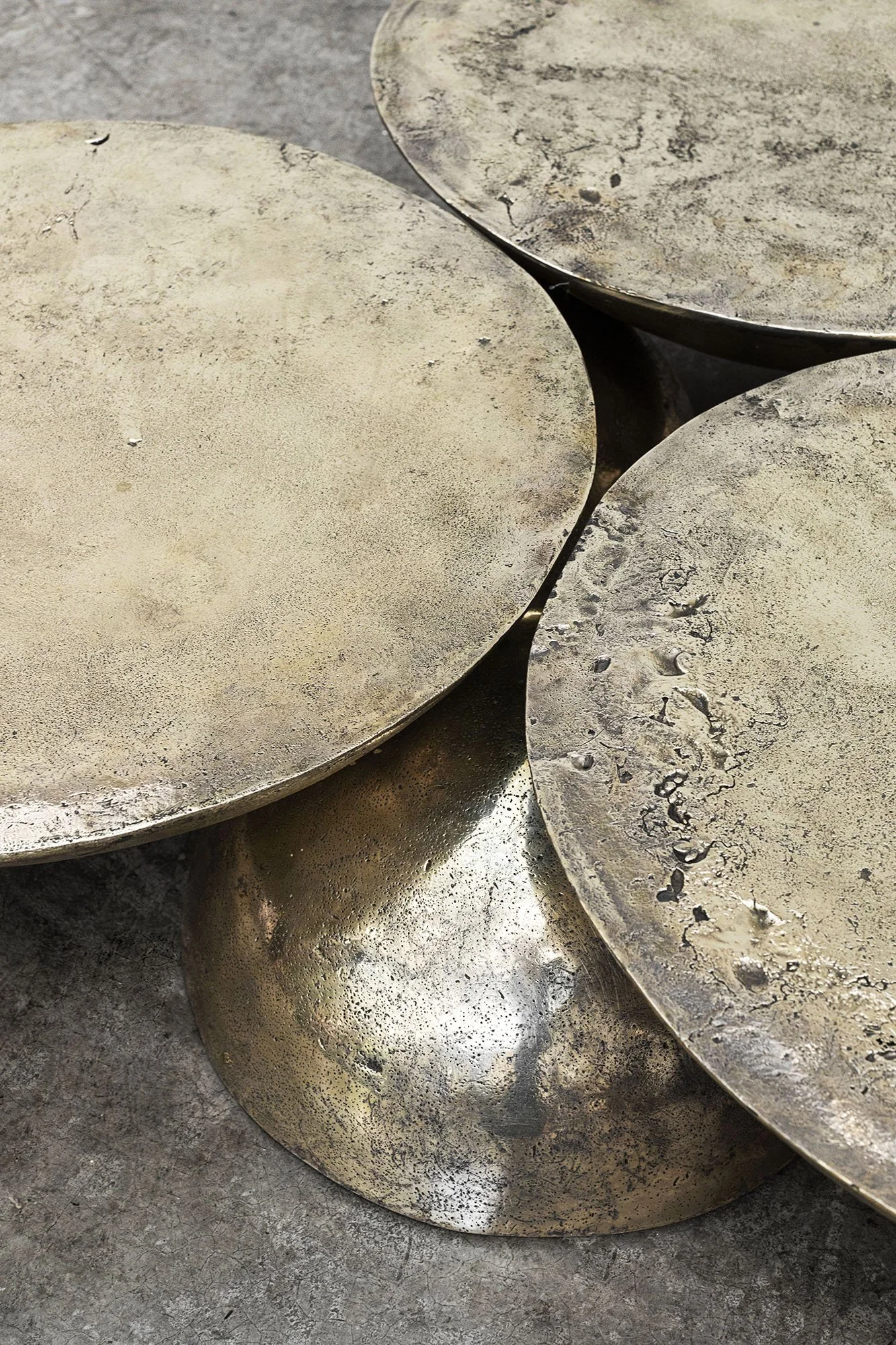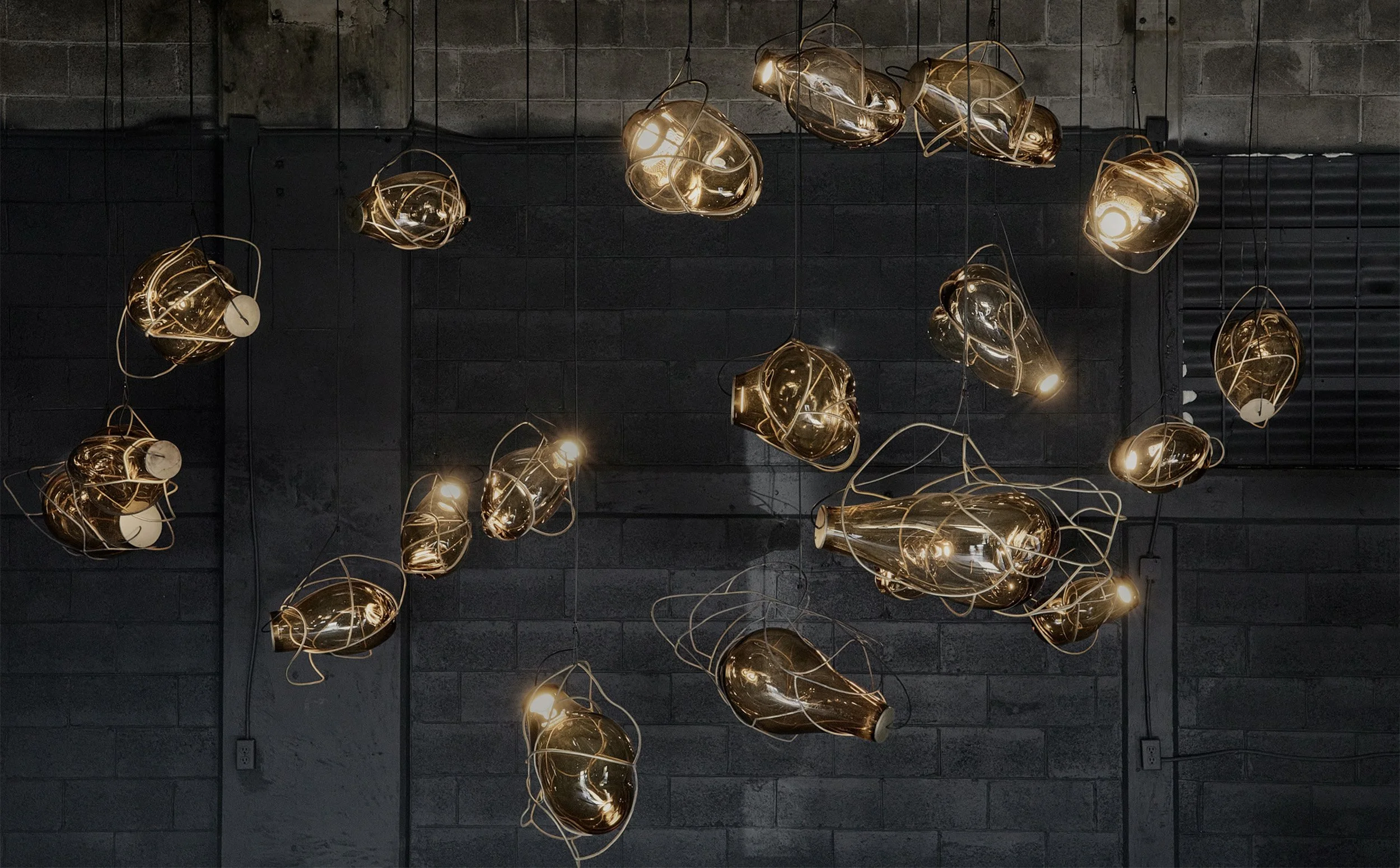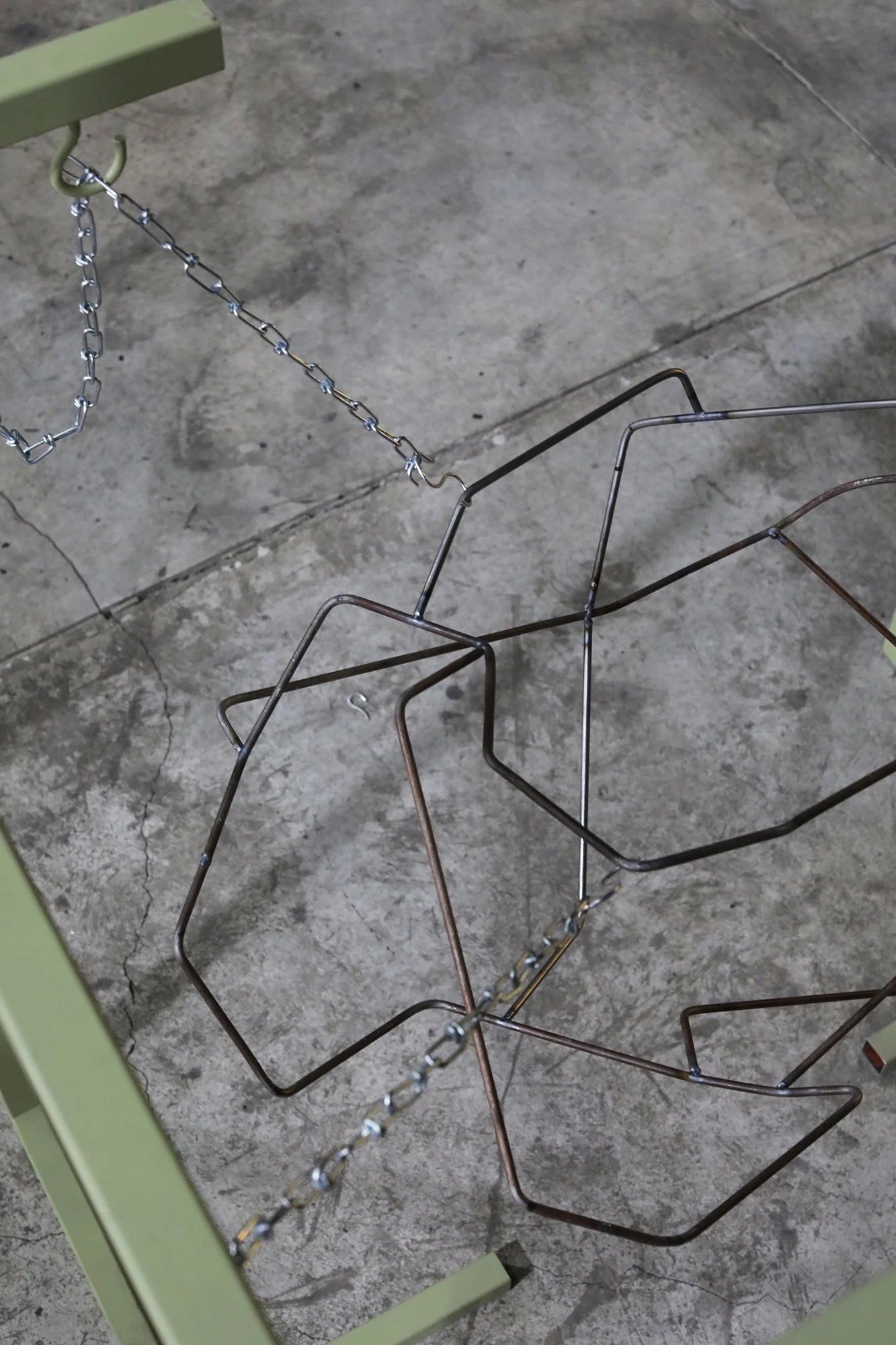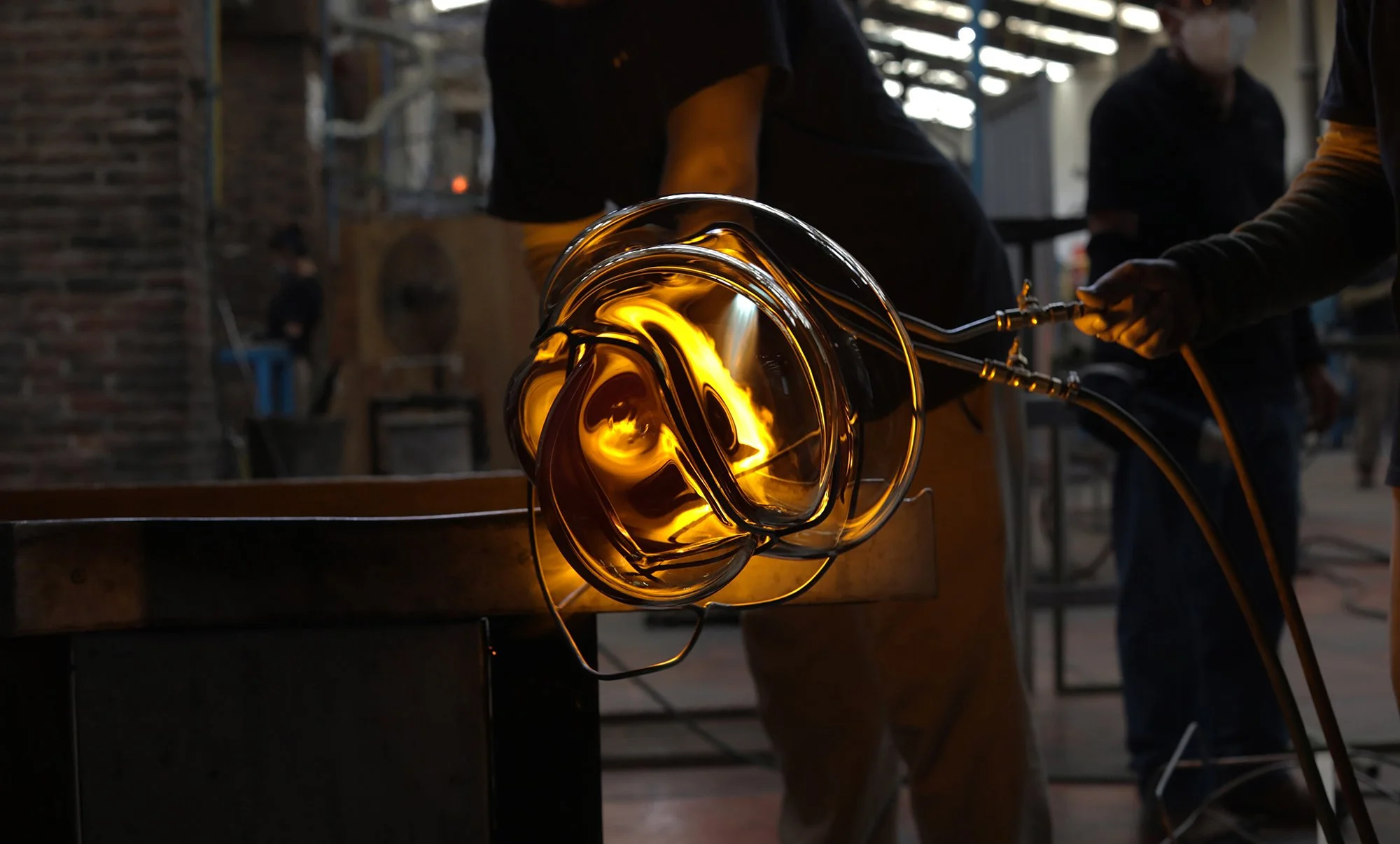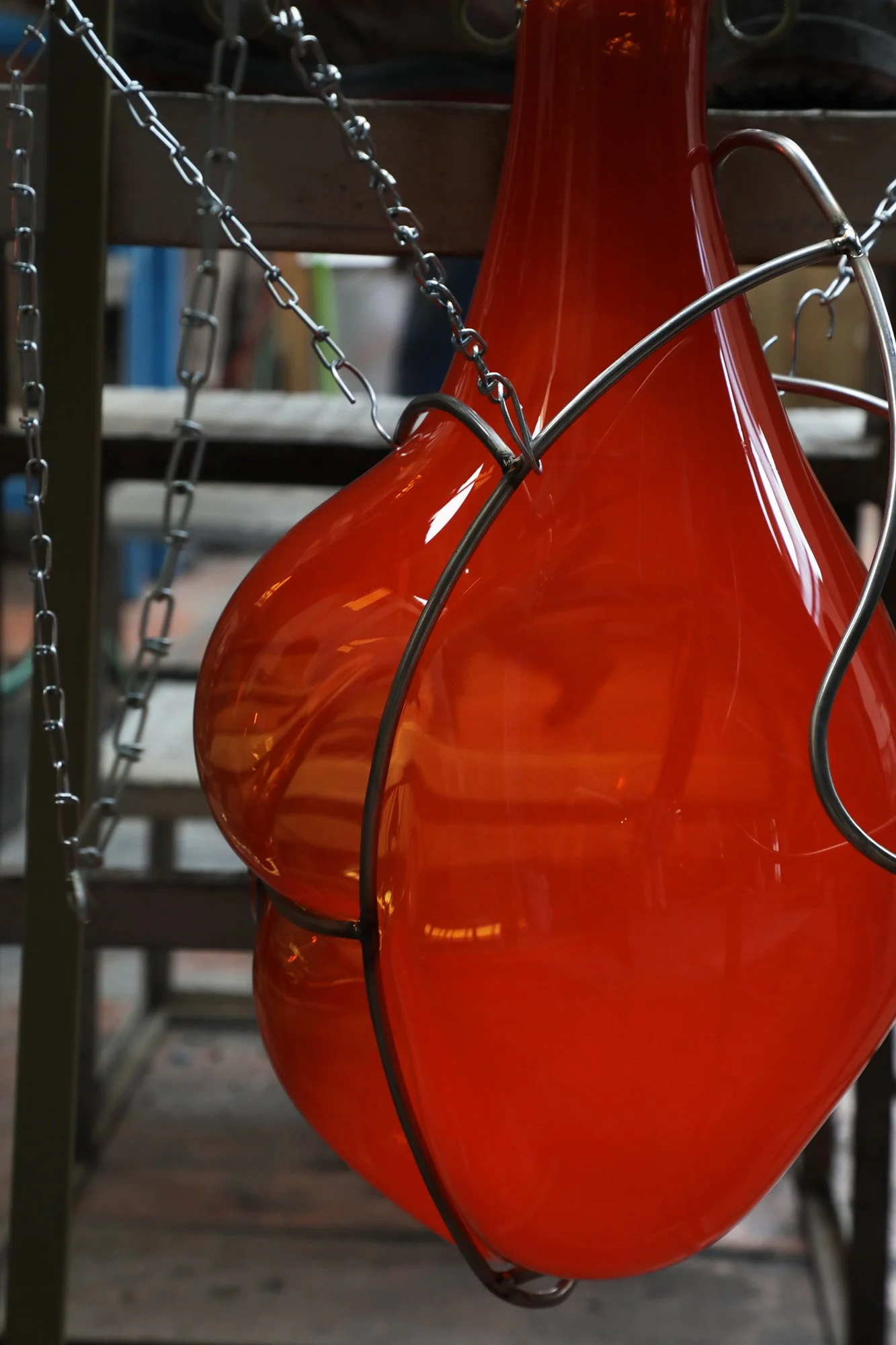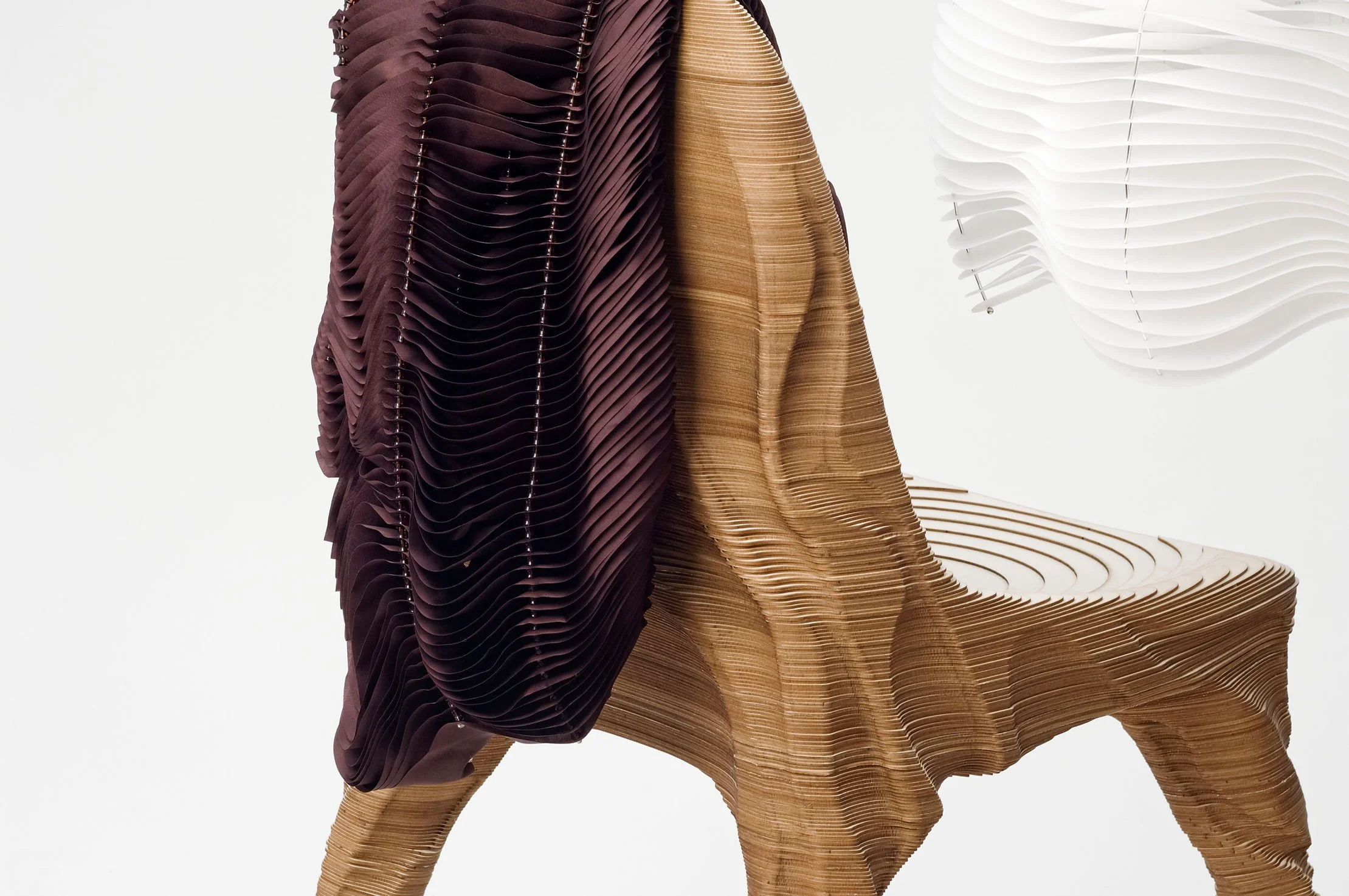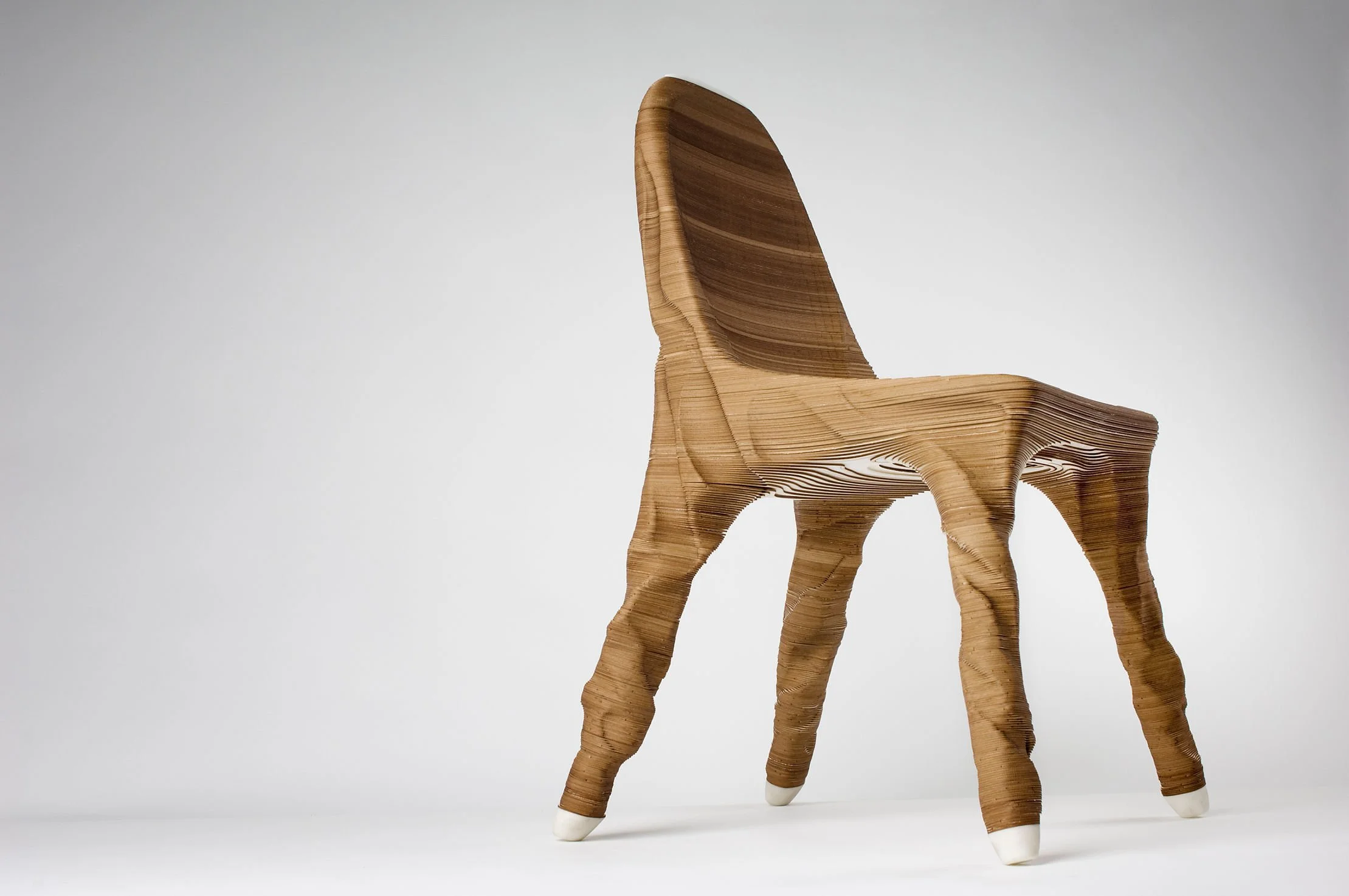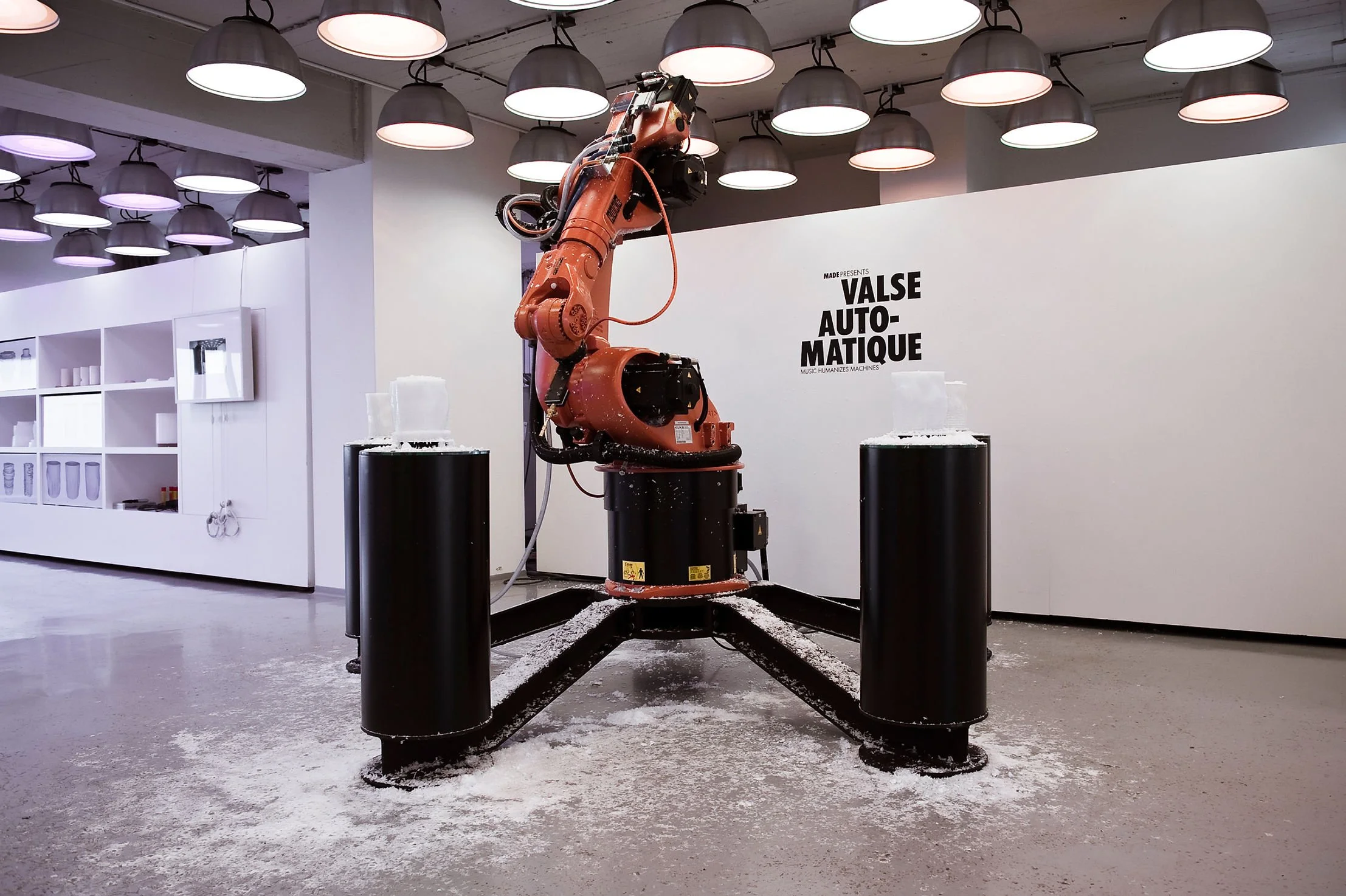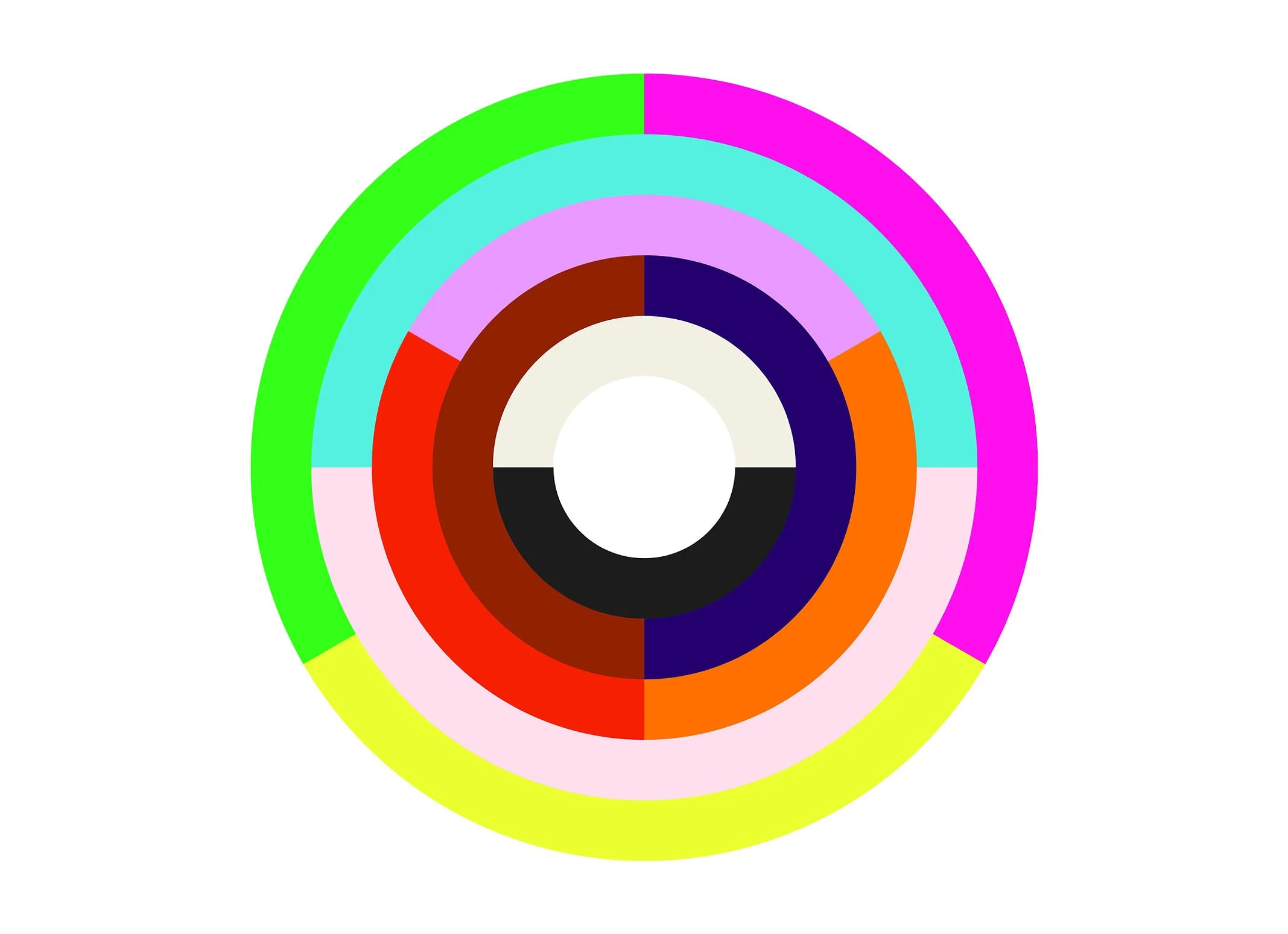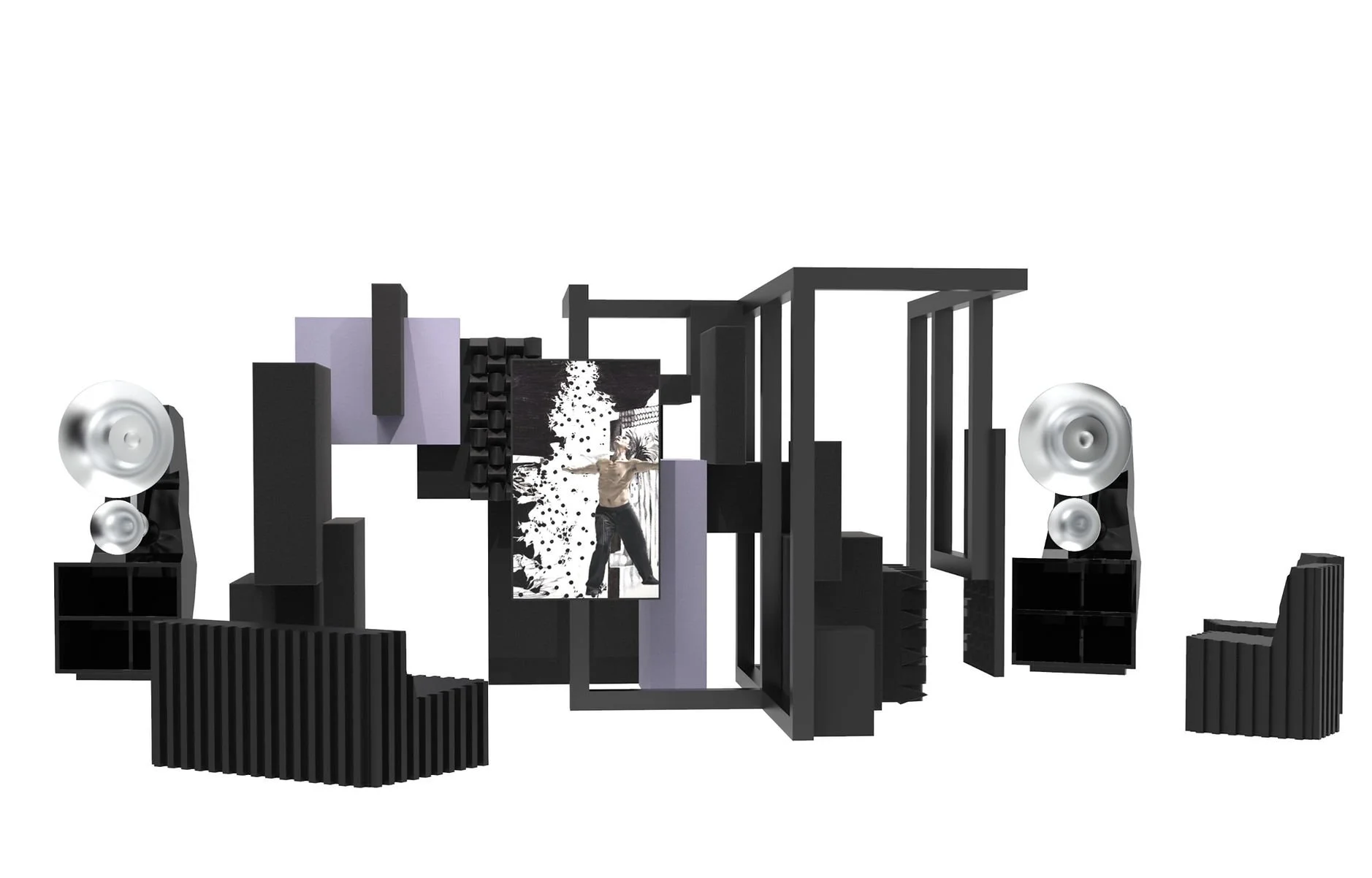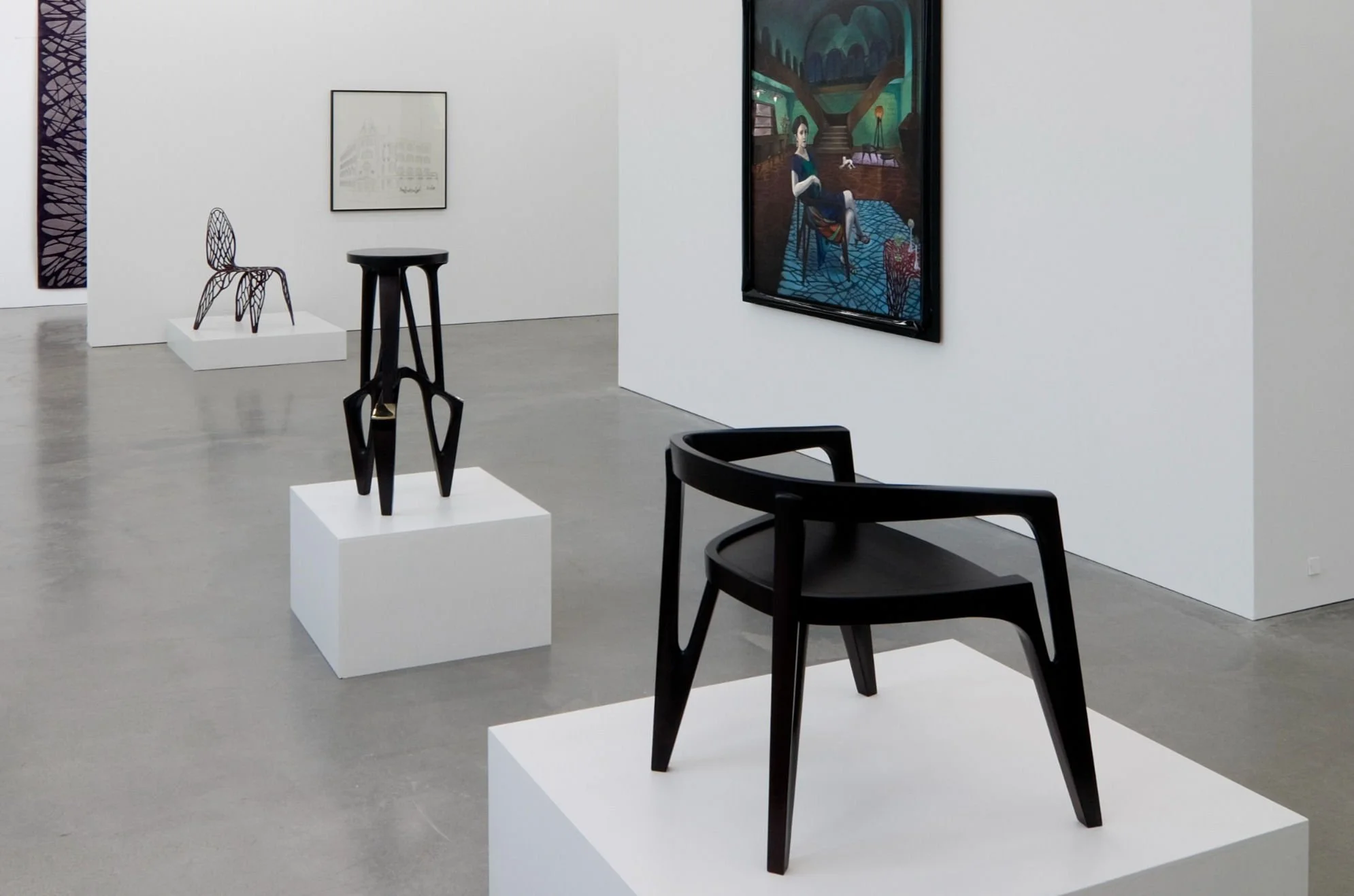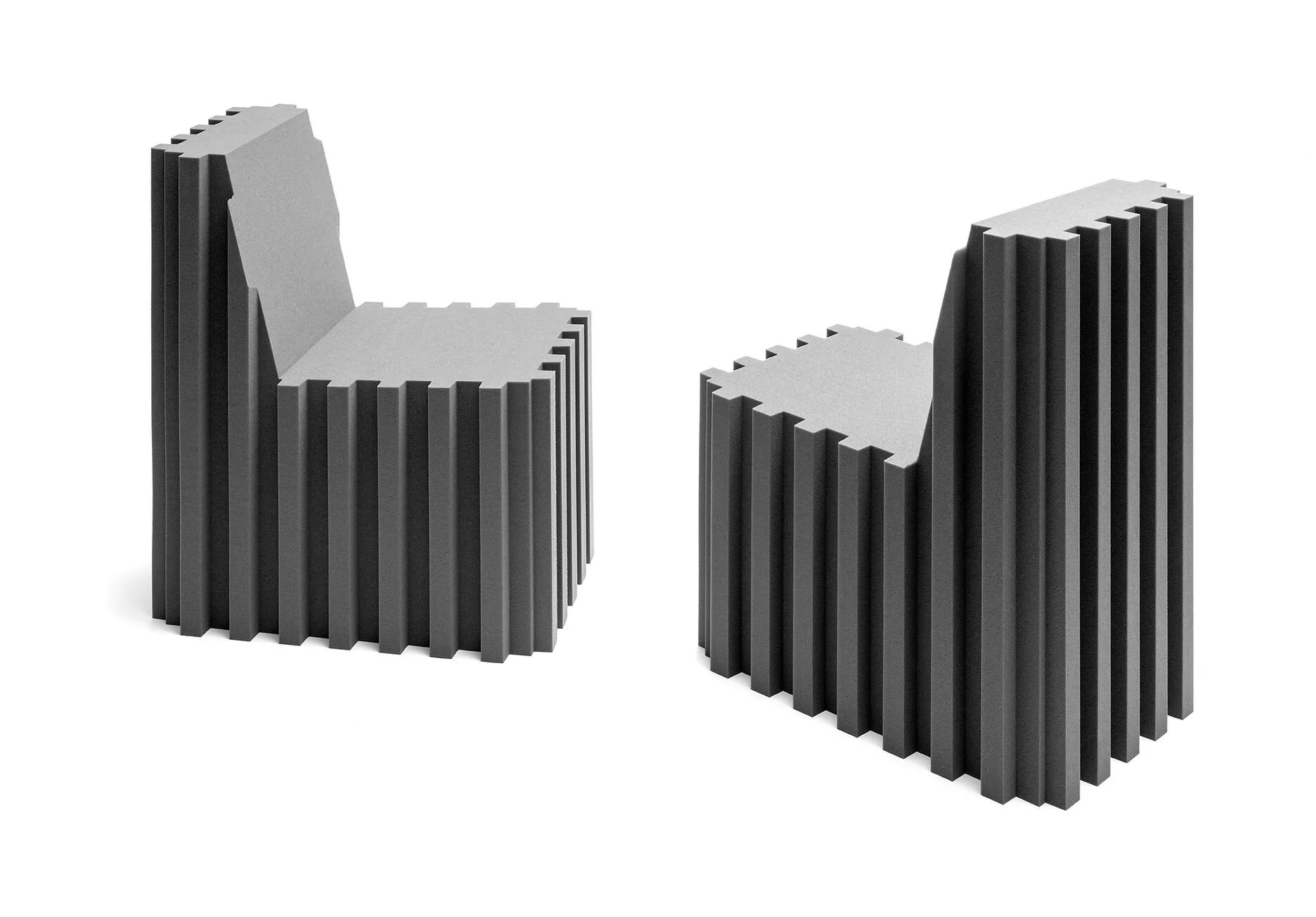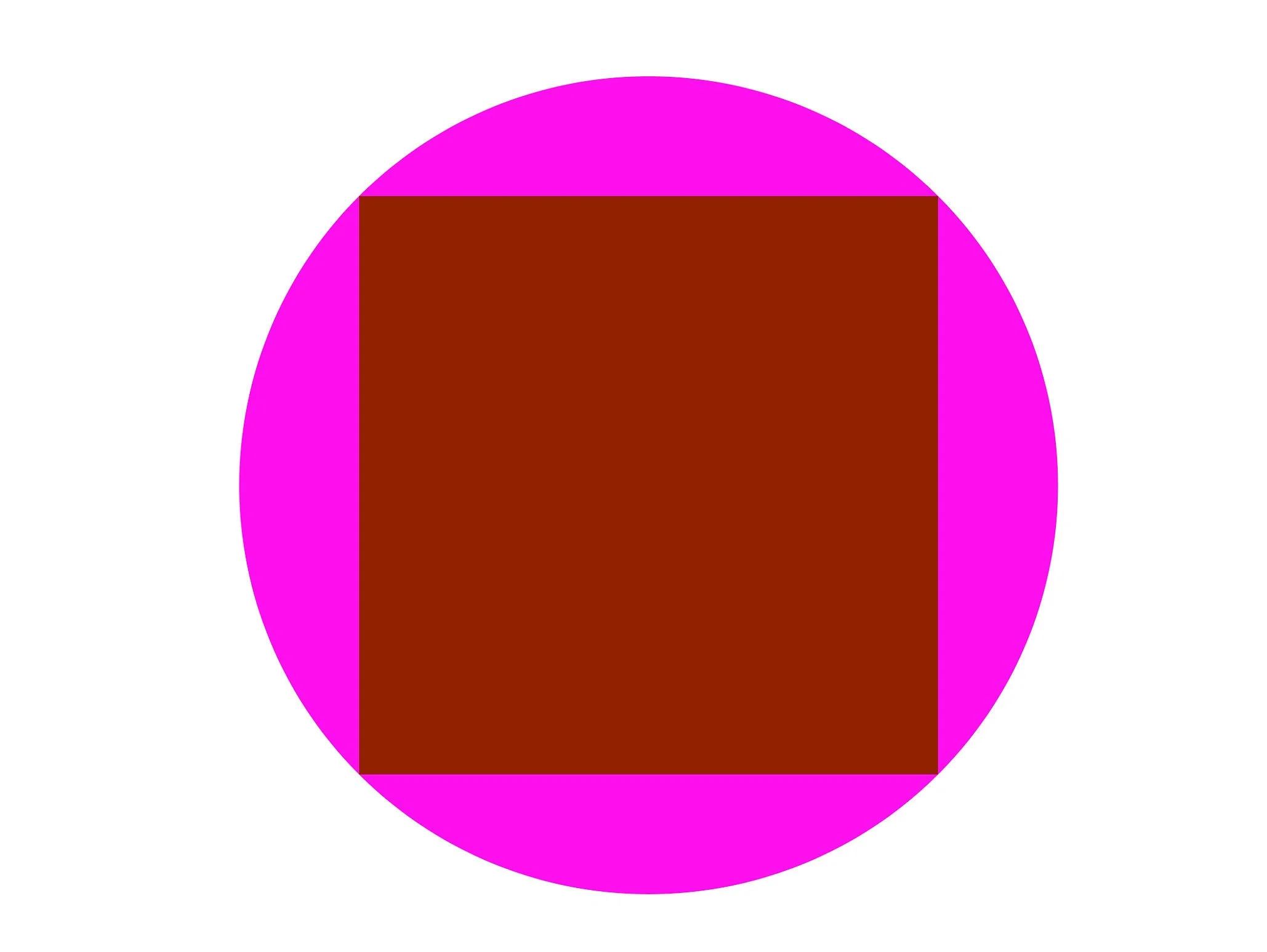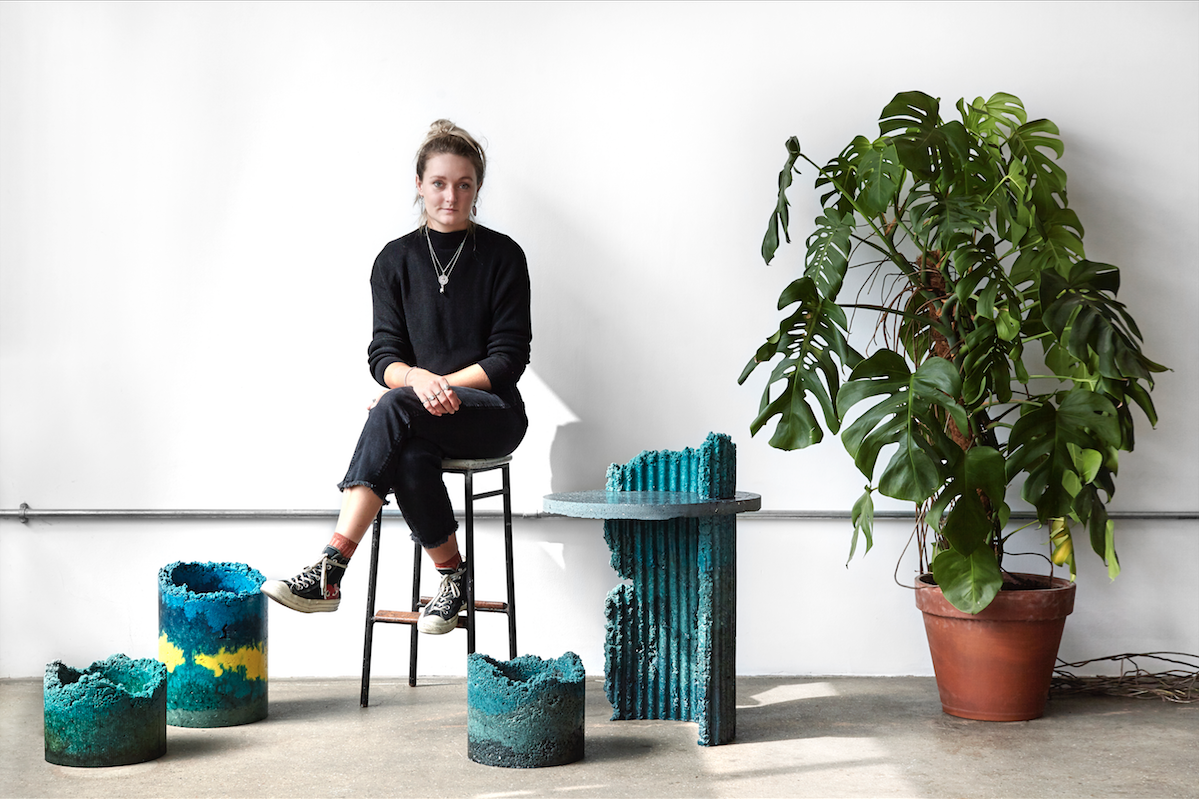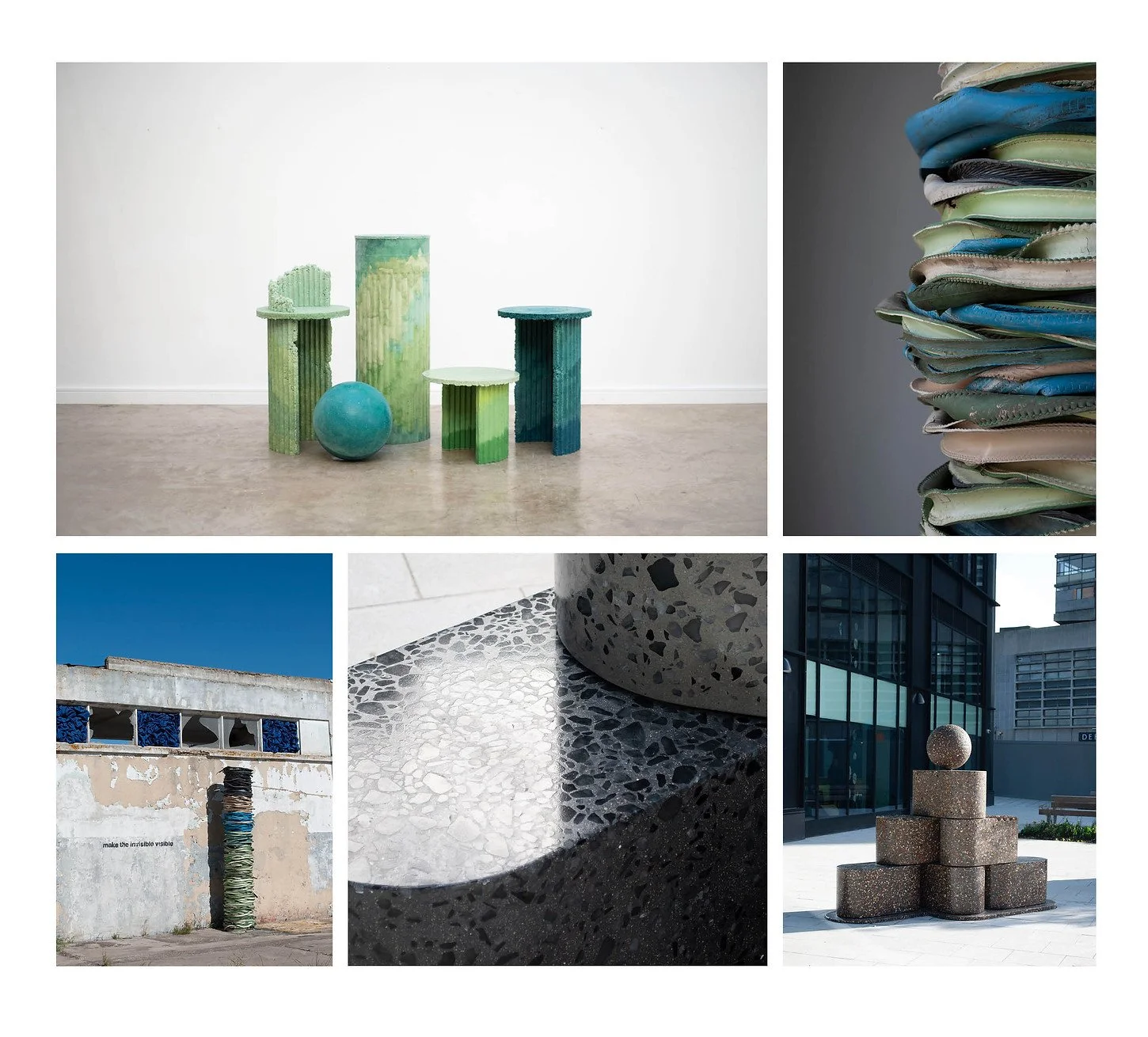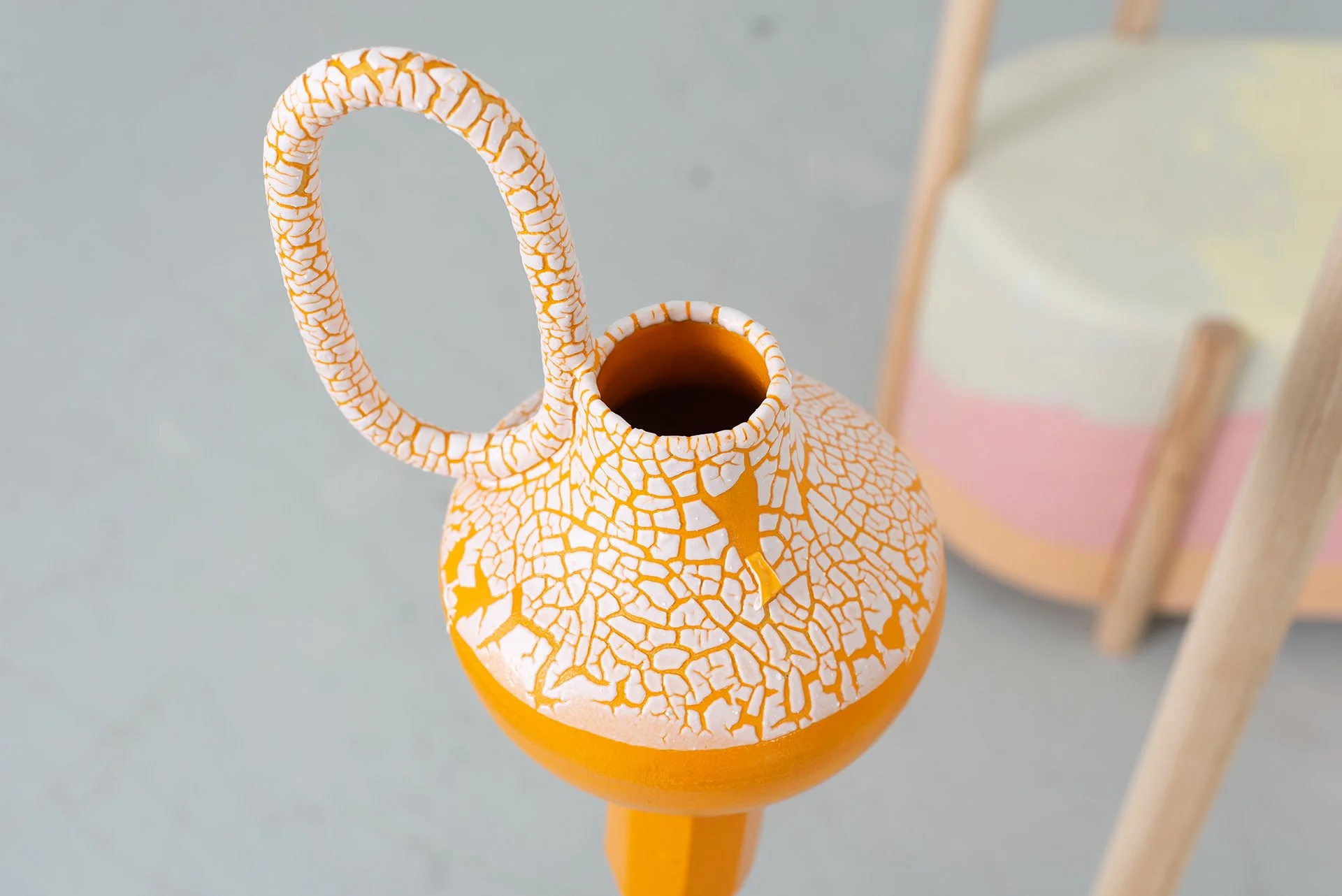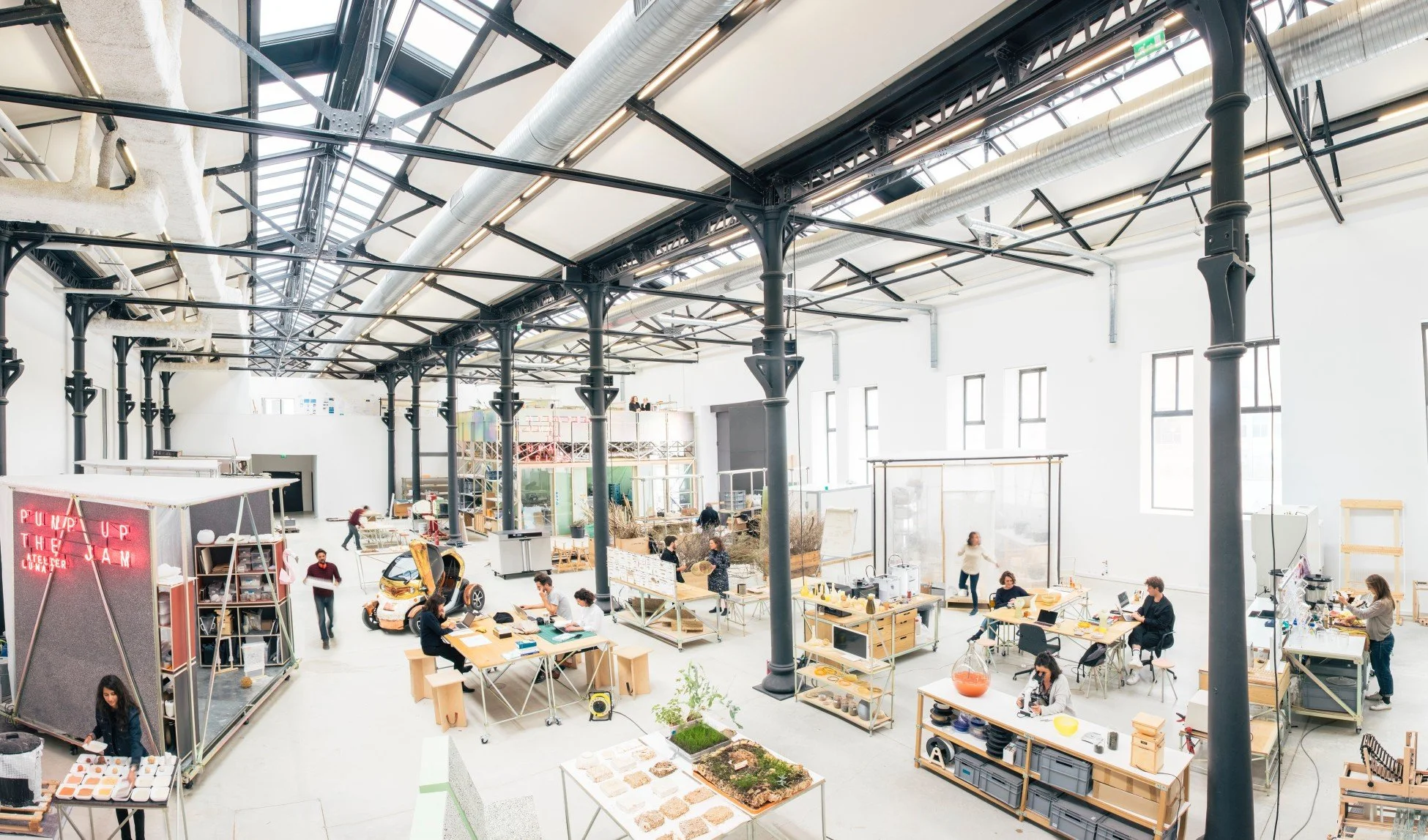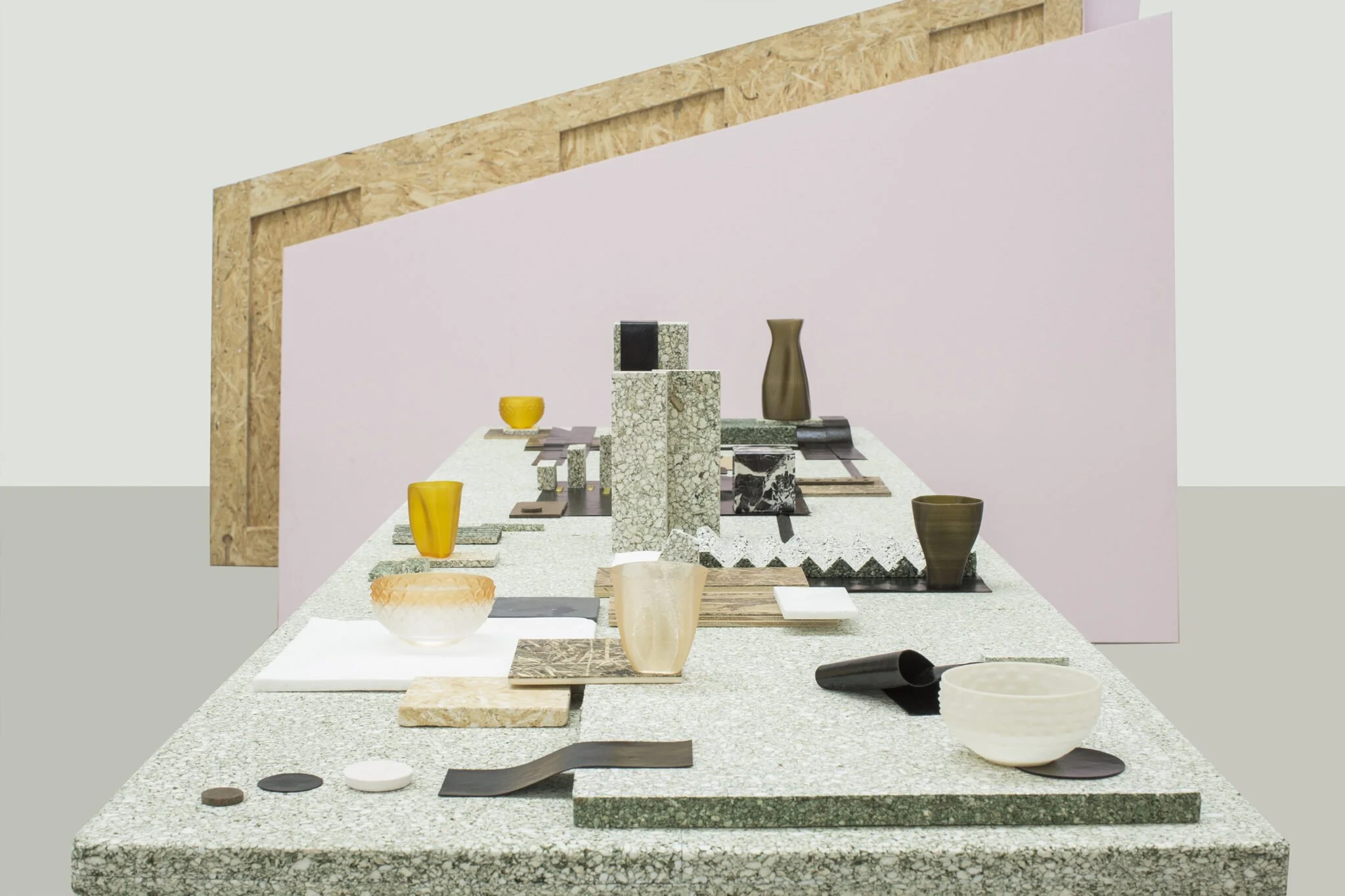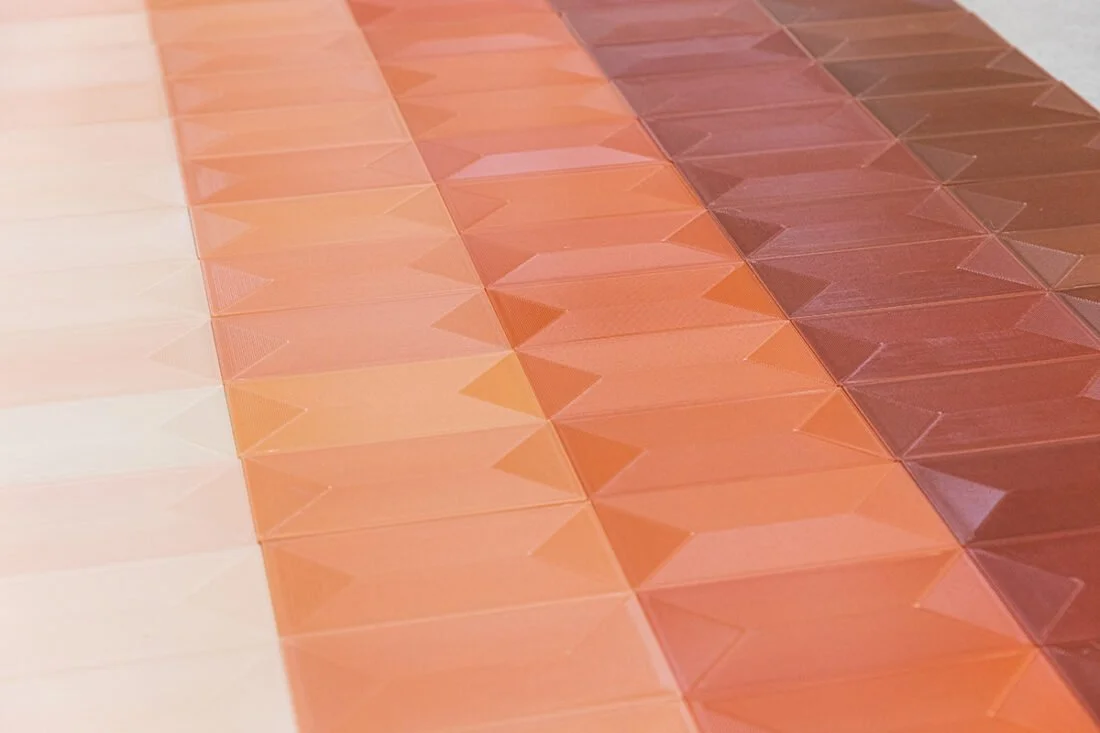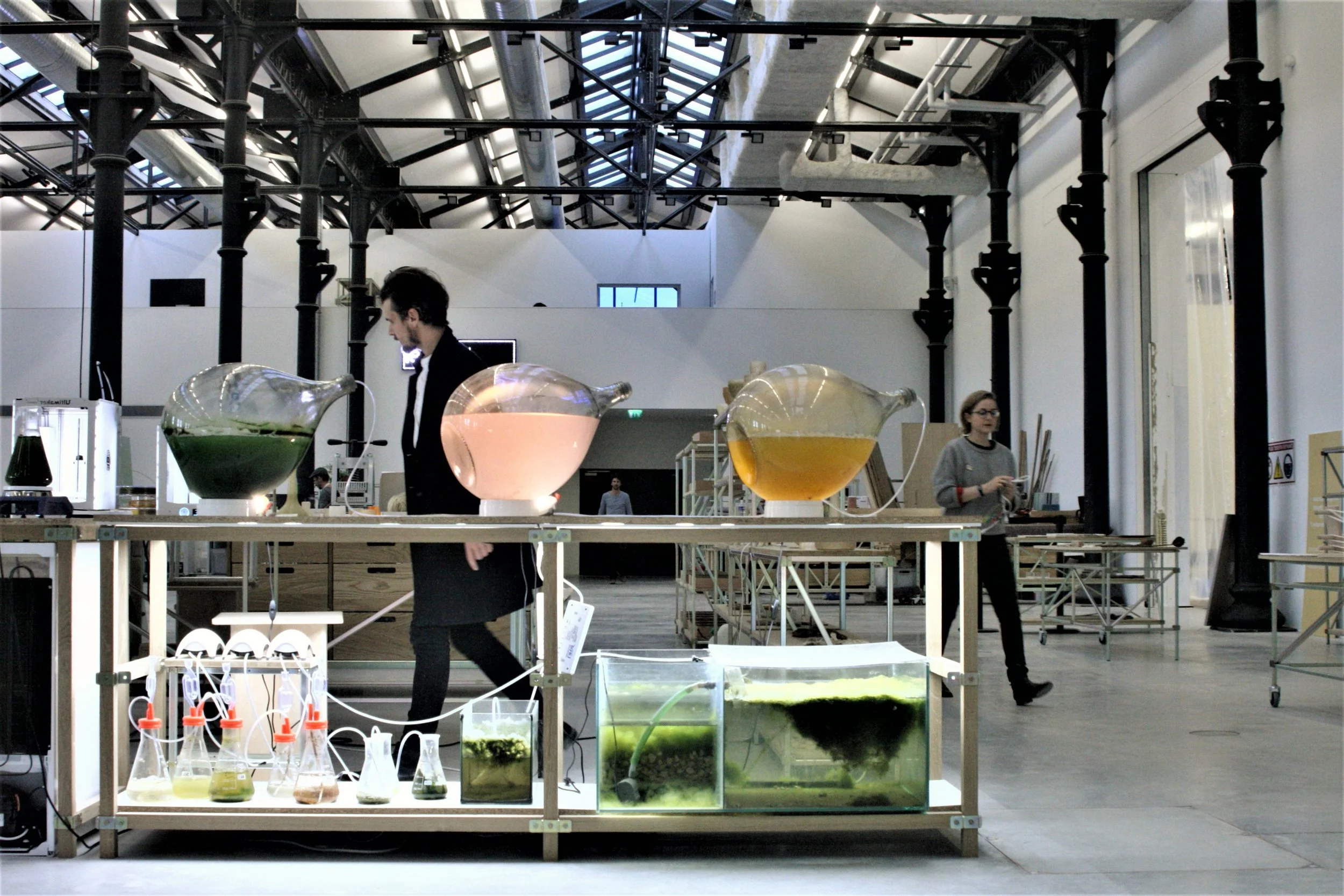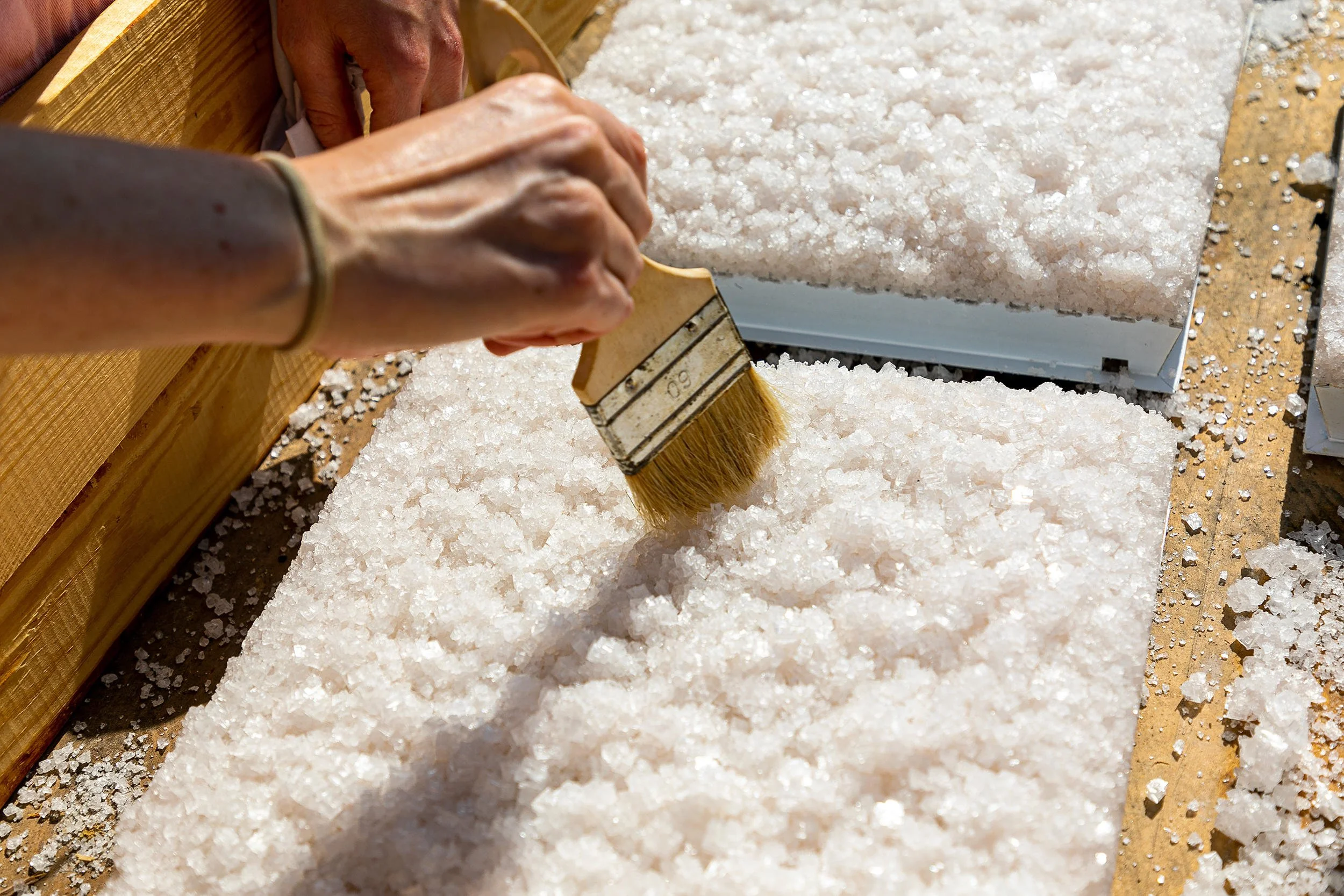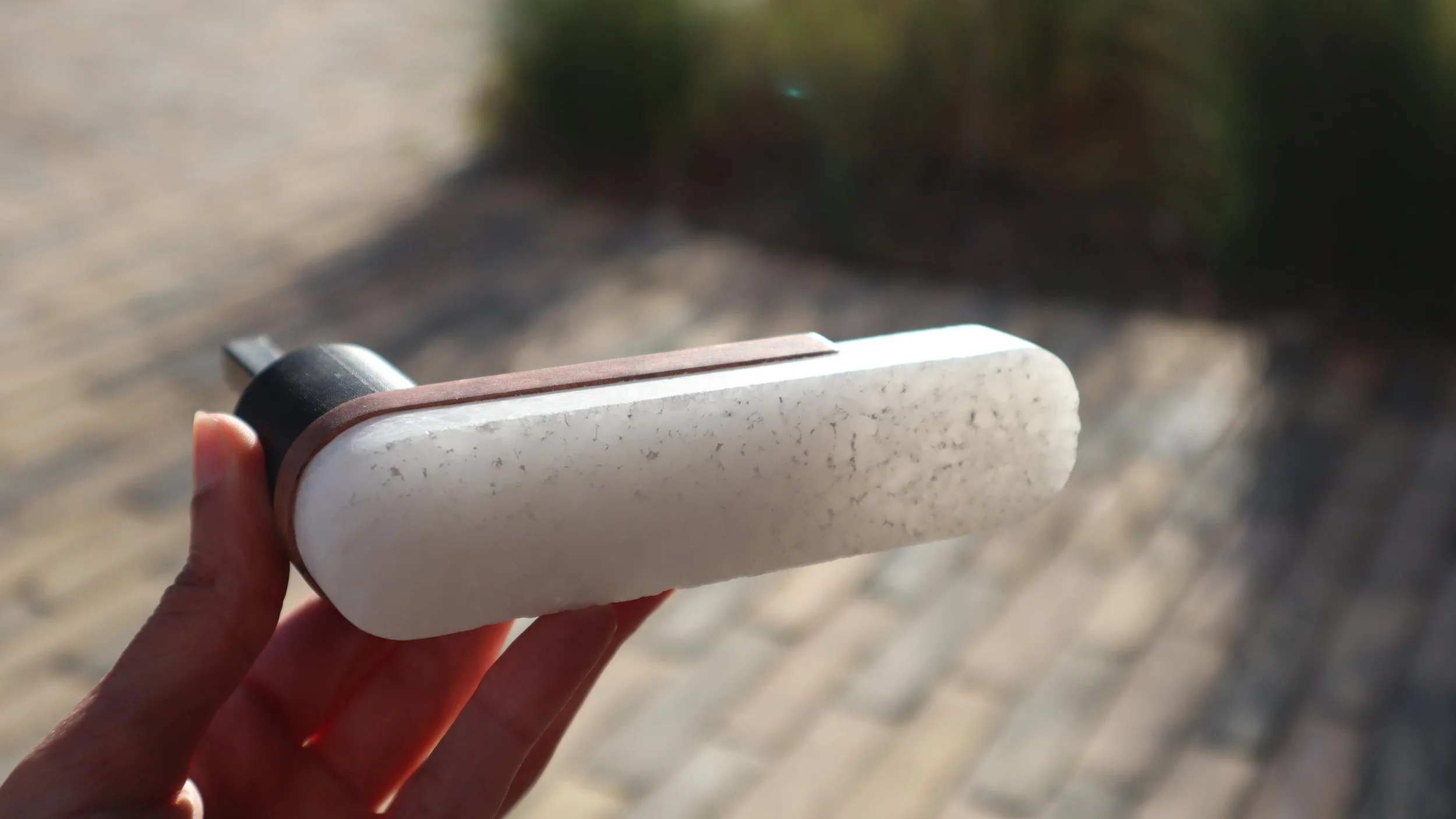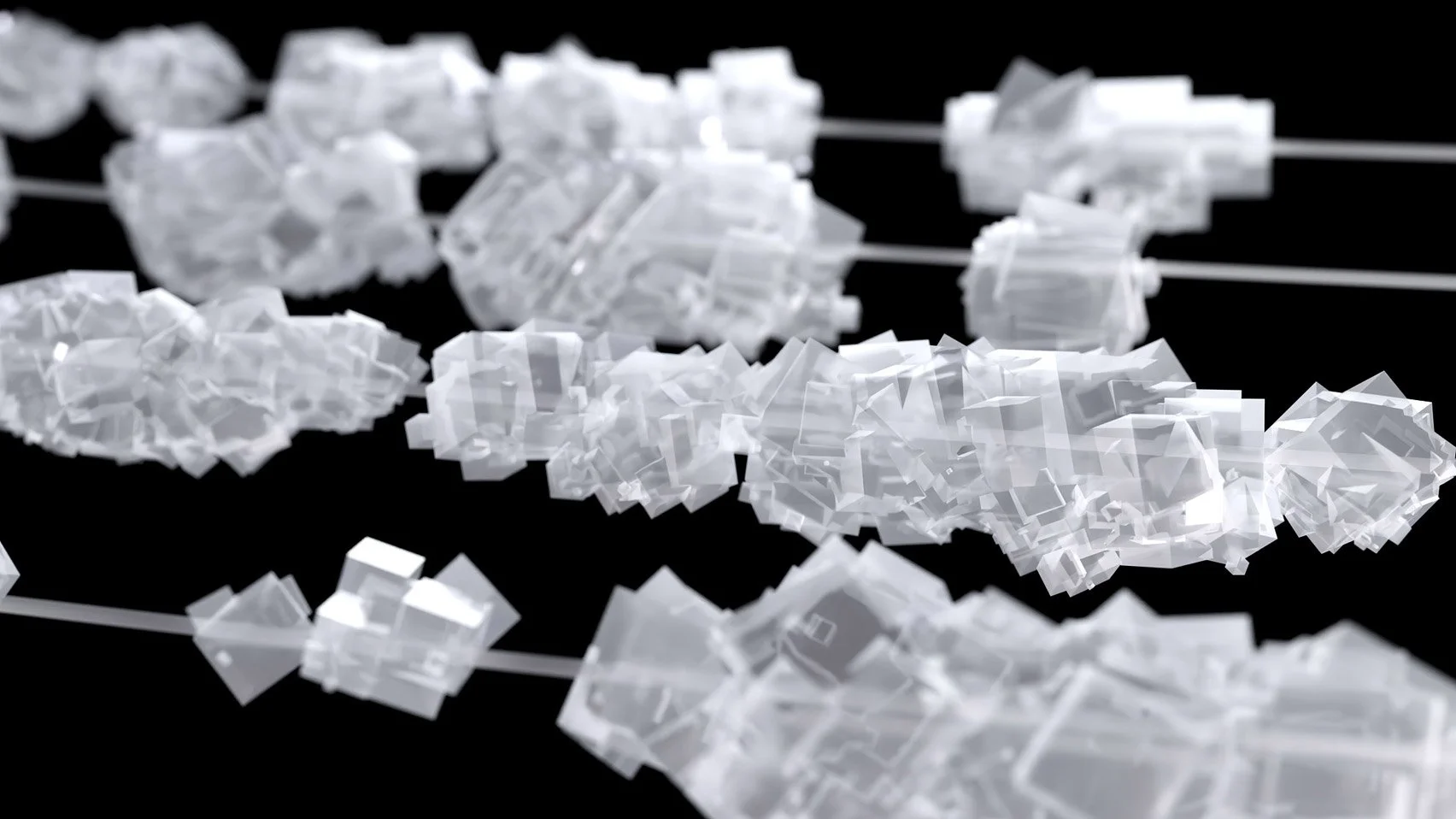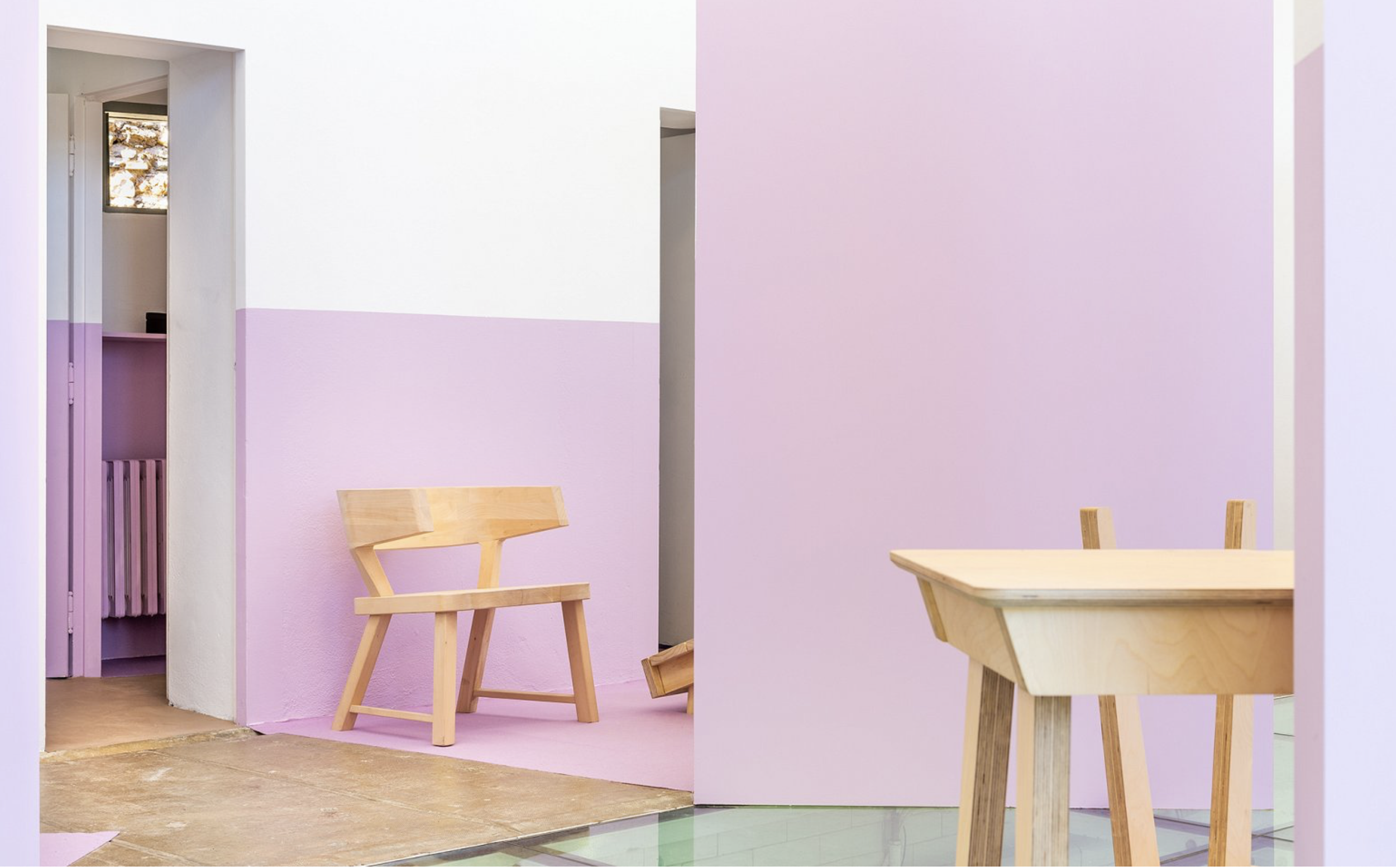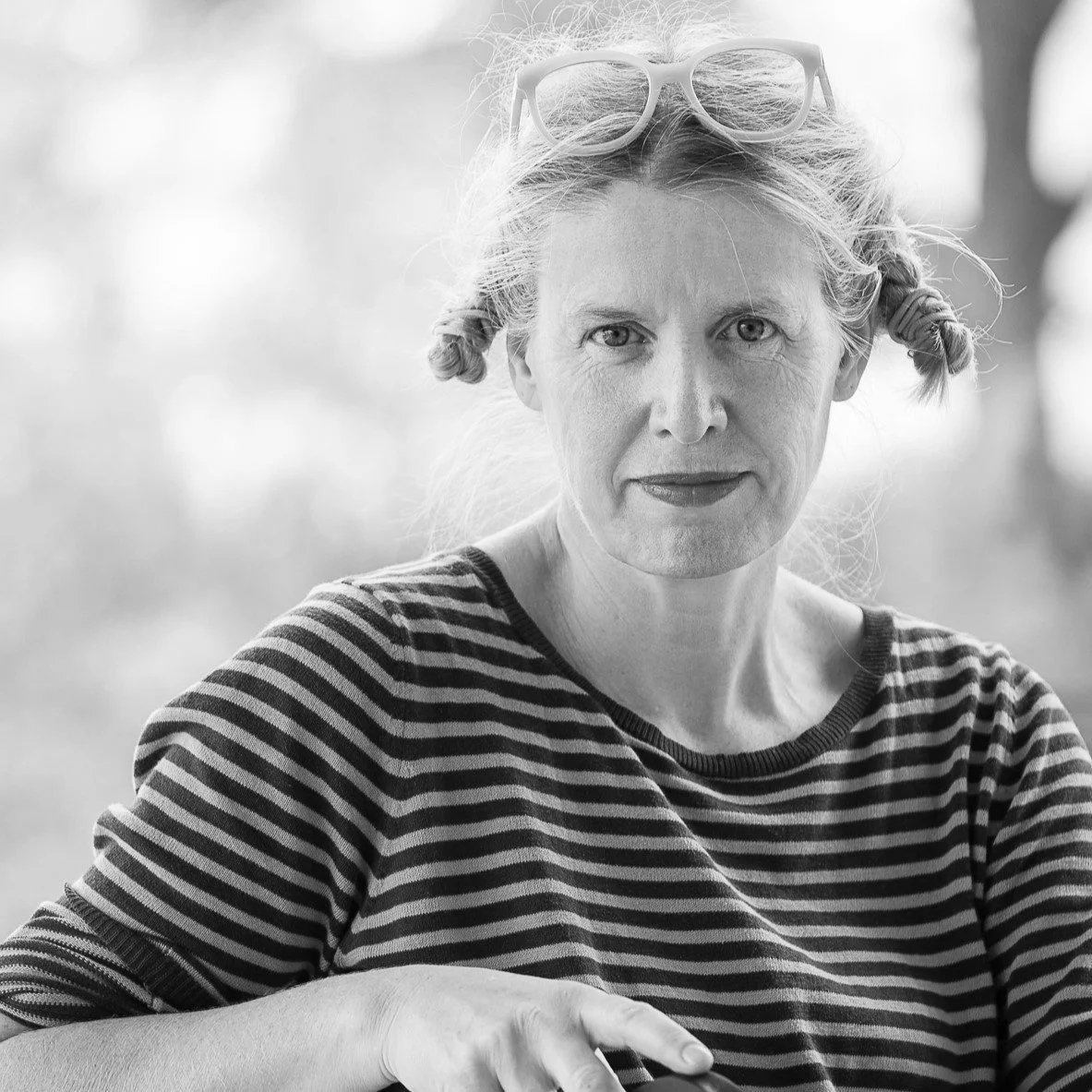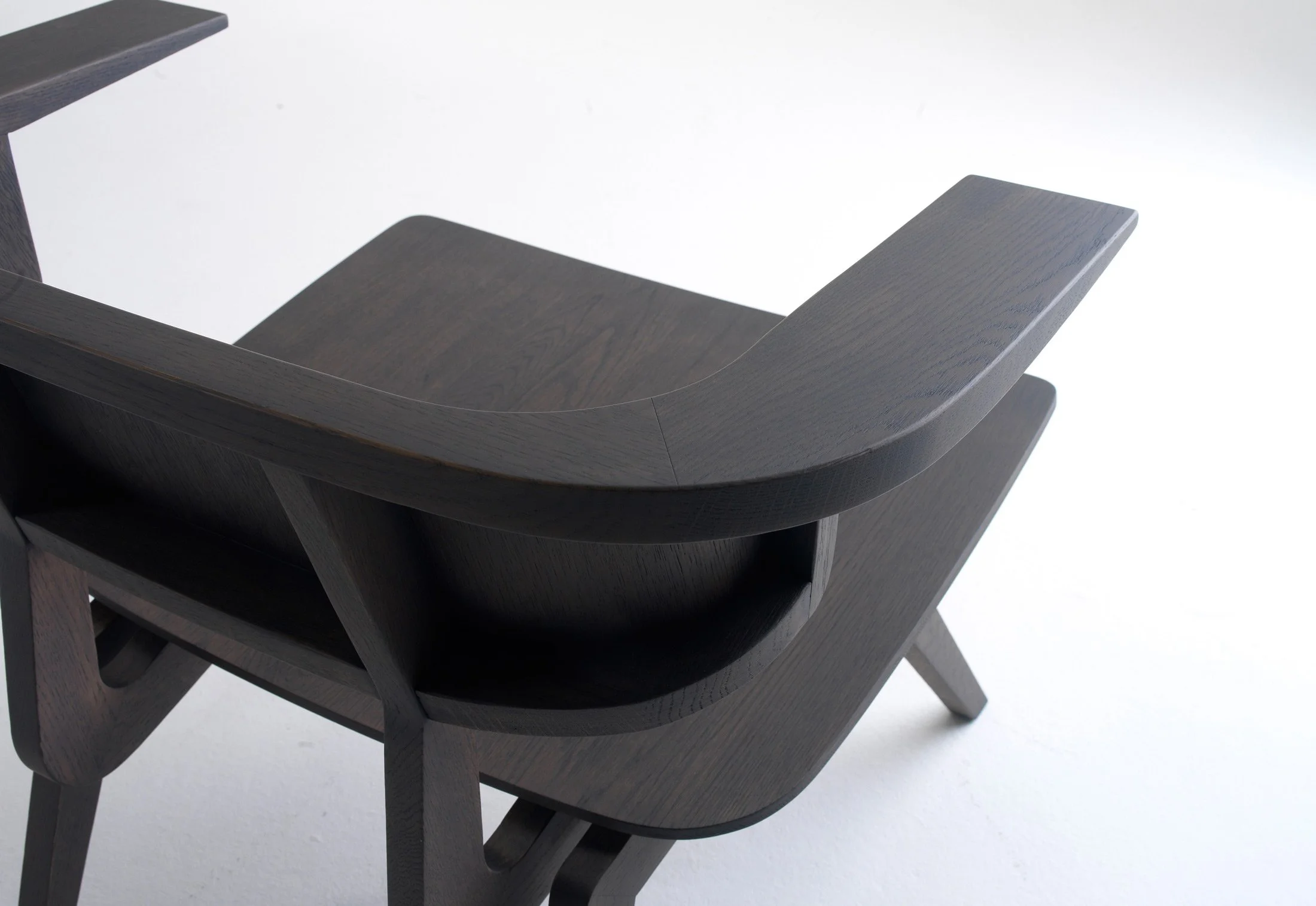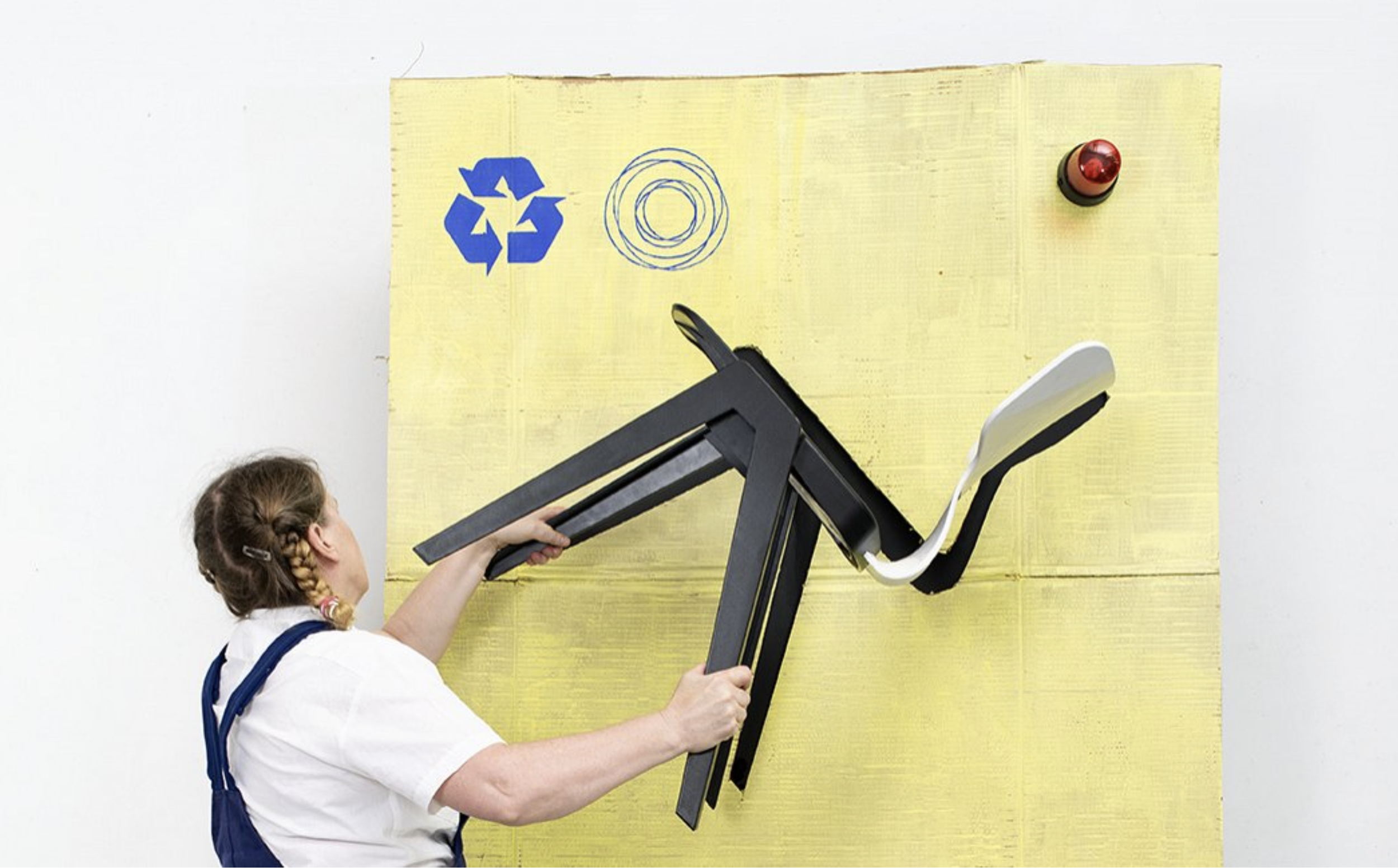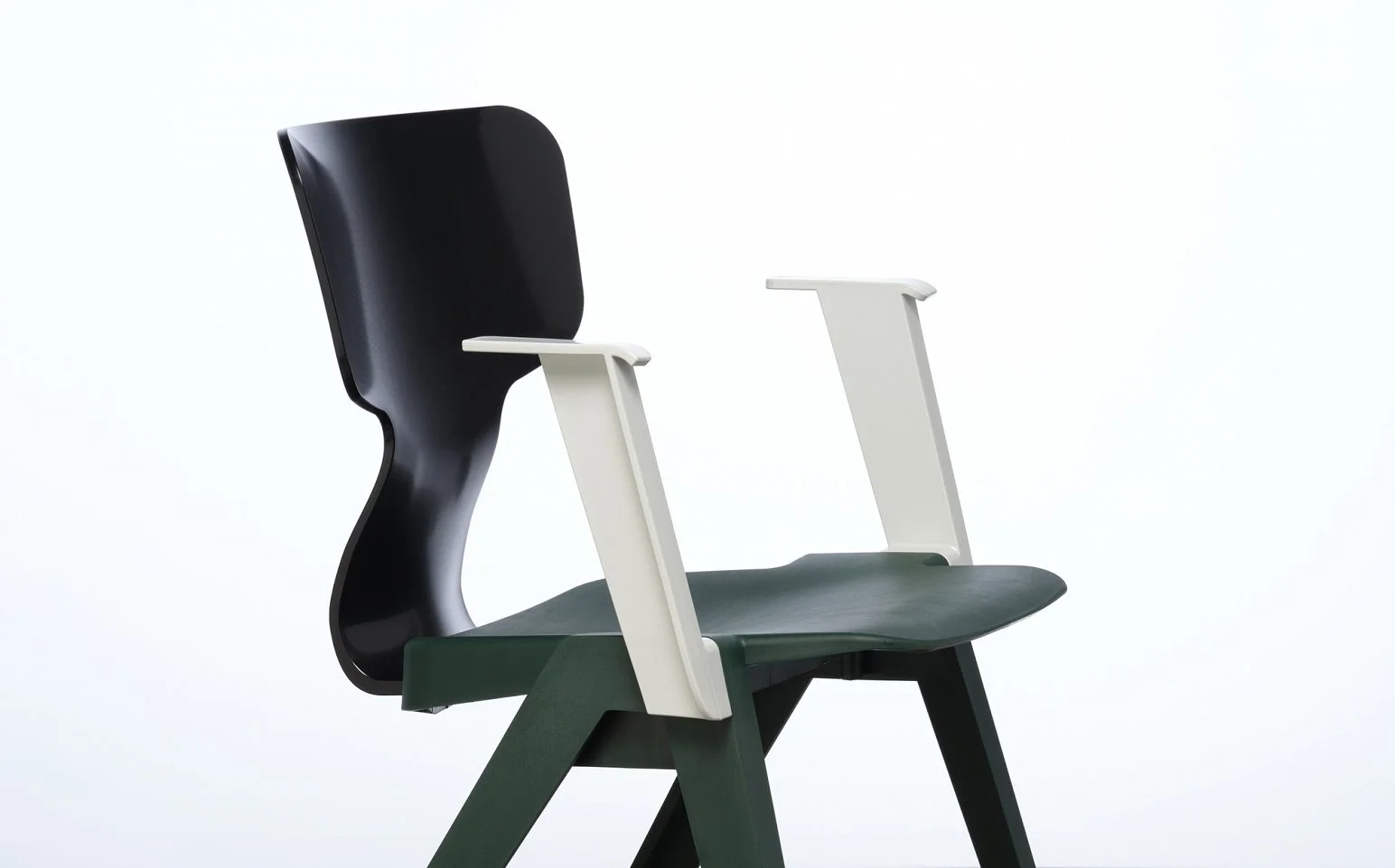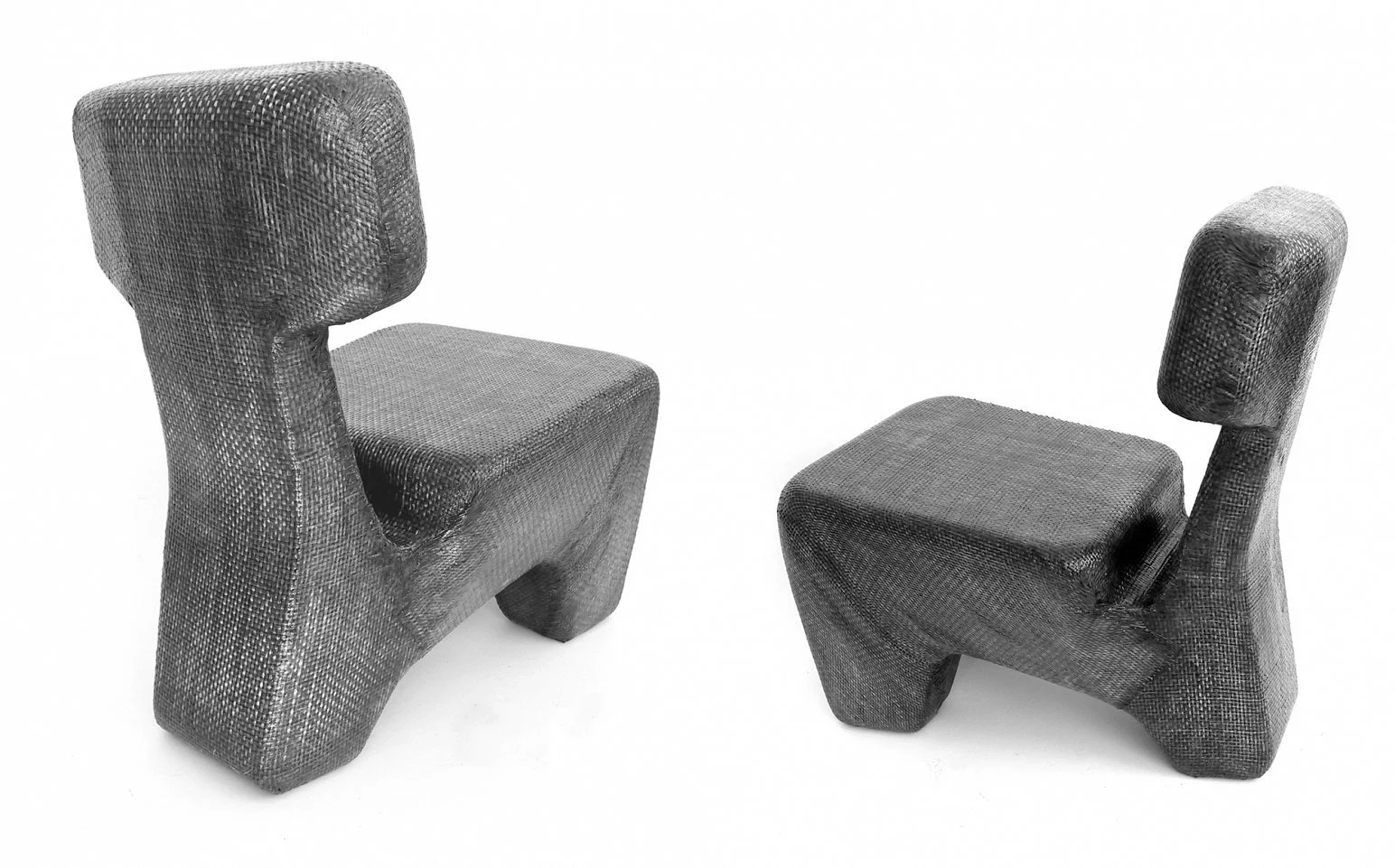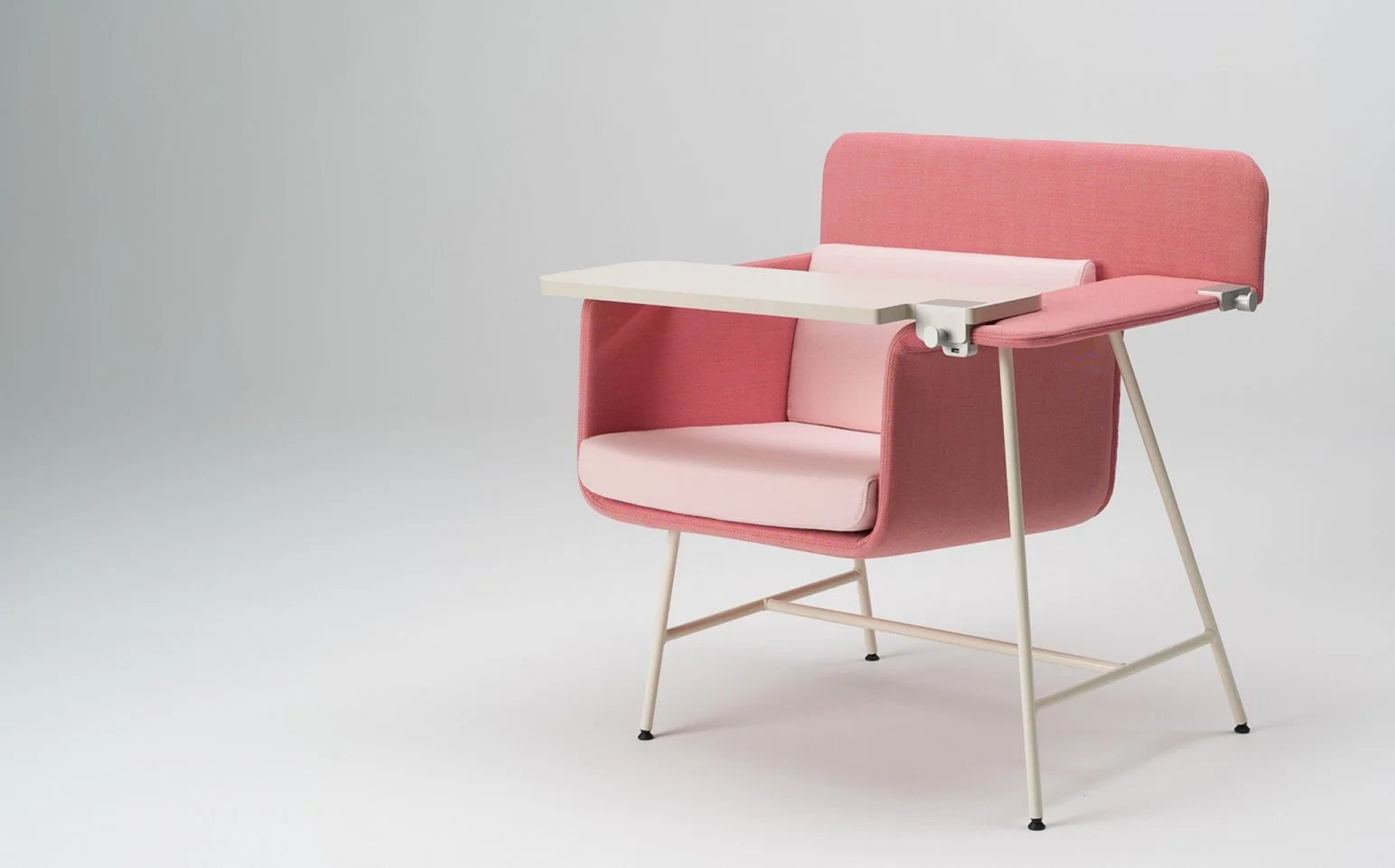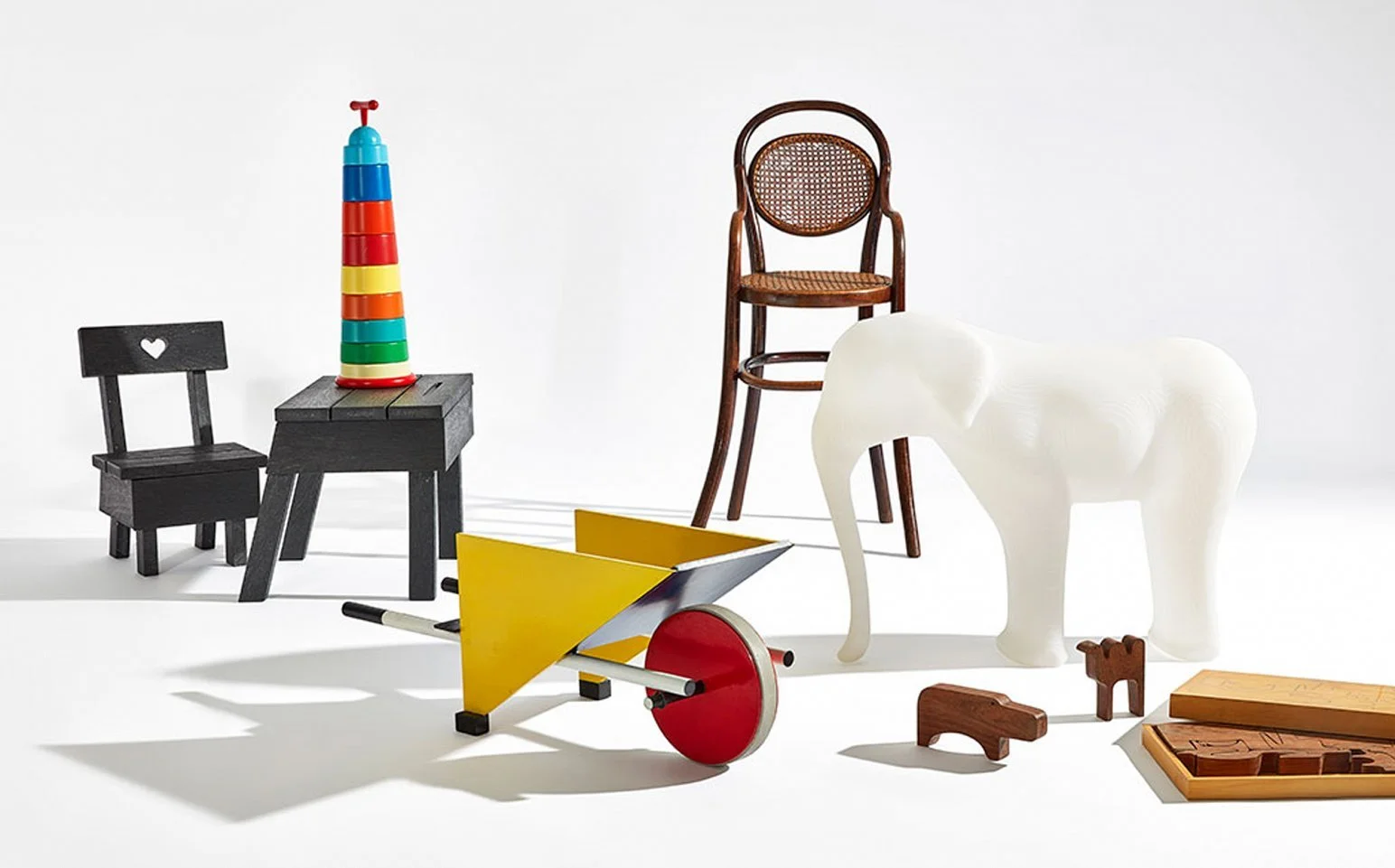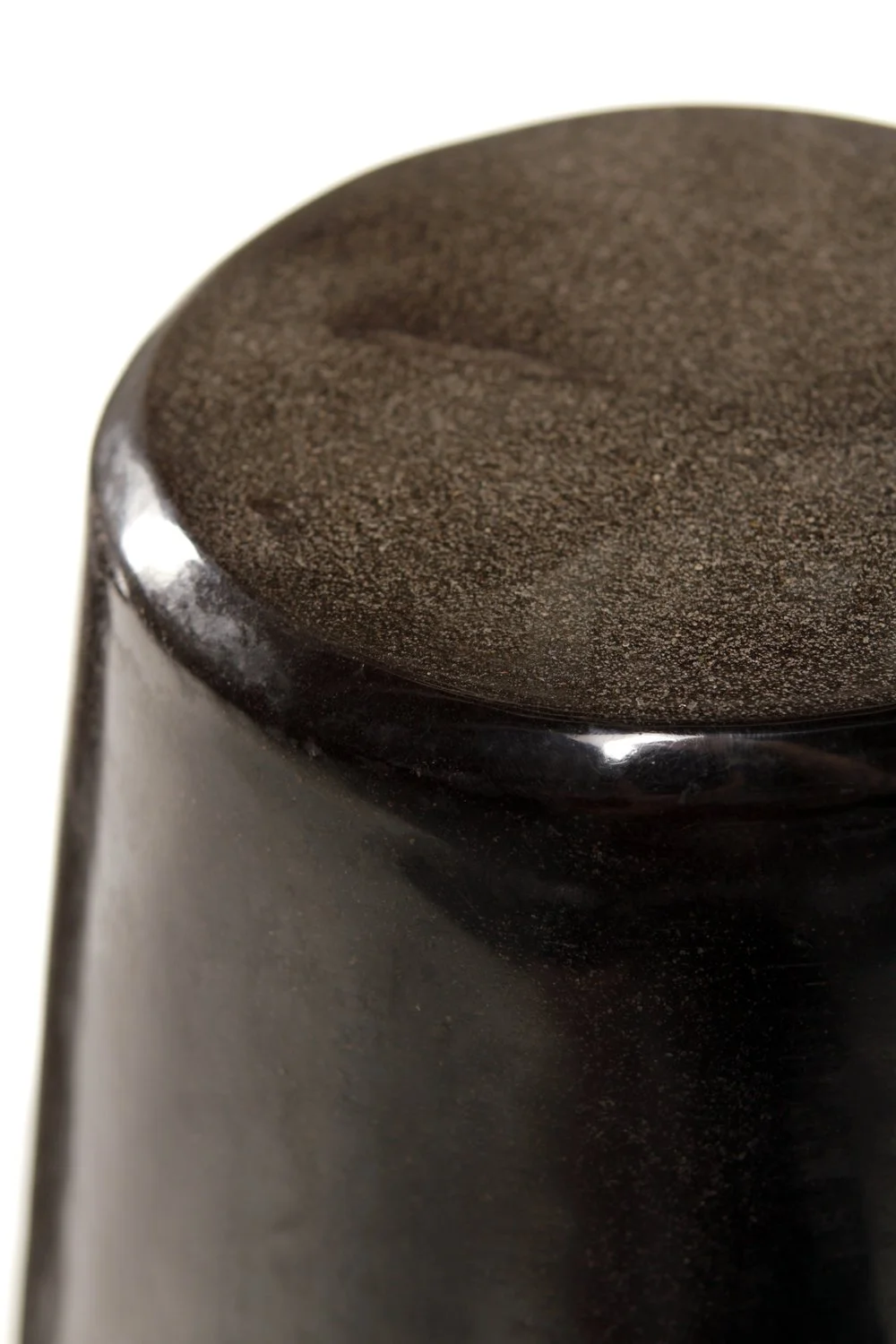 Image 1 of 10
Image 1 of 10

 Image 2 of 10
Image 2 of 10

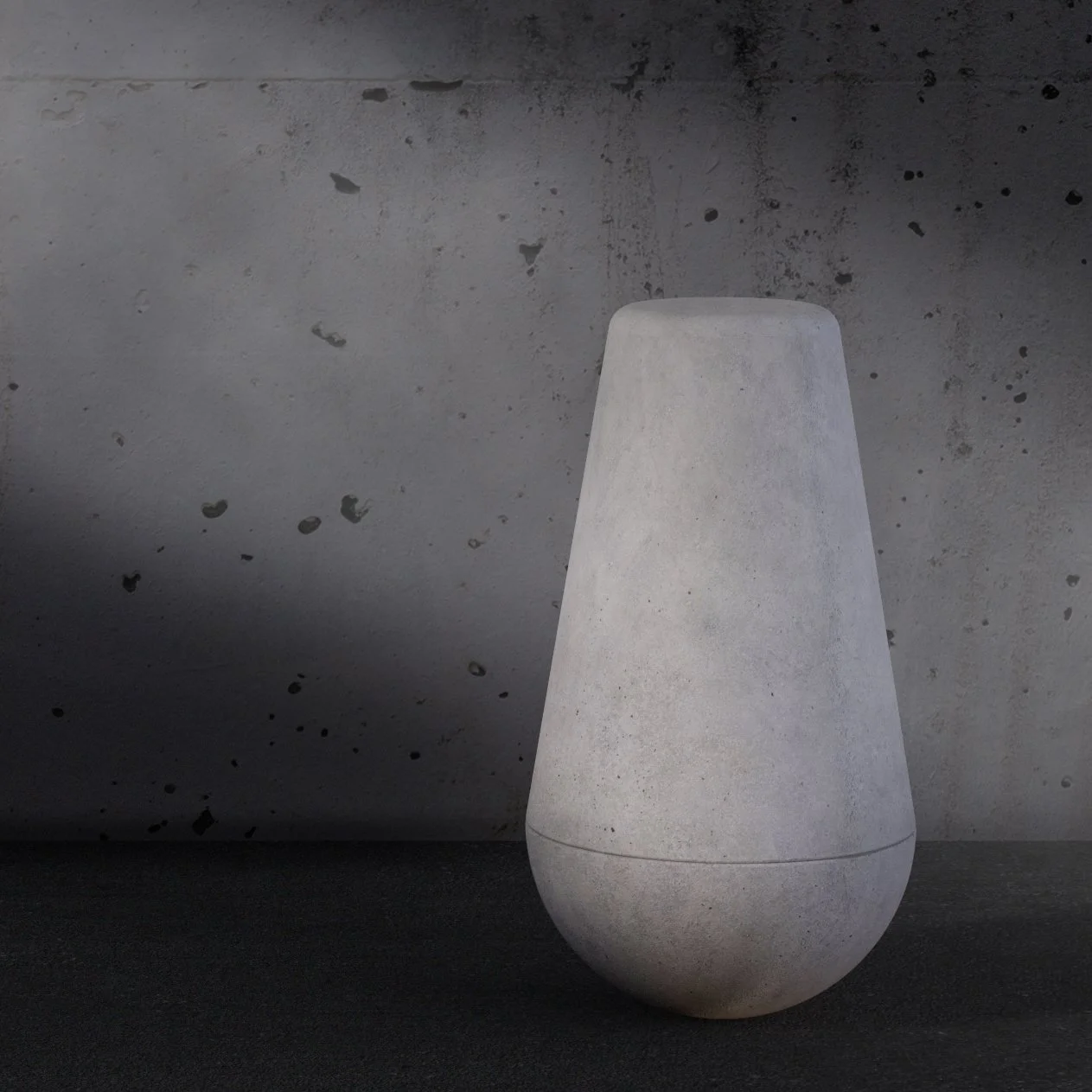 Image 3 of 10
Image 3 of 10

 Image 4 of 10
Image 4 of 10

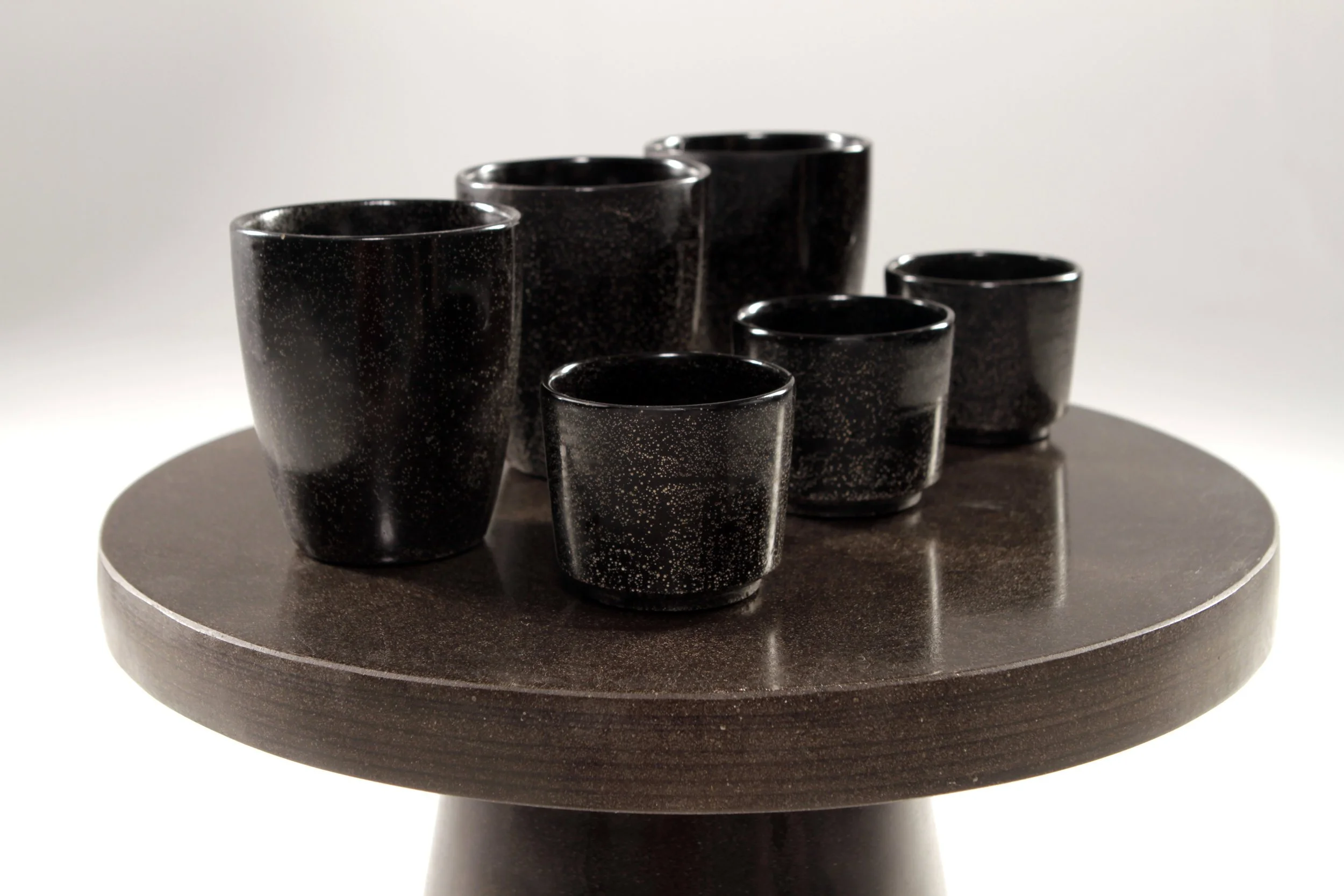 Image 5 of 10
Image 5 of 10

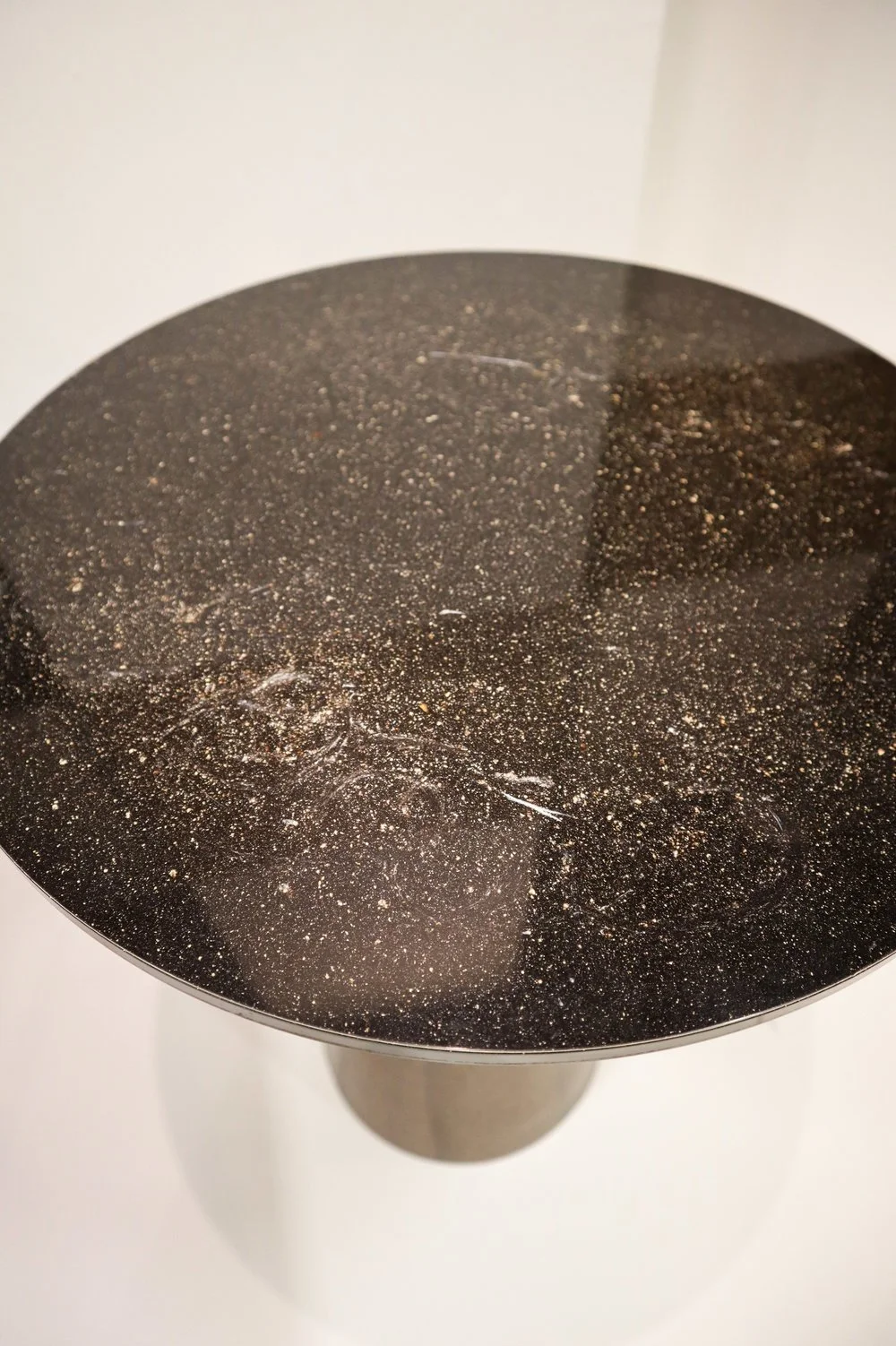 Image 6 of 10
Image 6 of 10

 Image 7 of 10
Image 7 of 10

 Image 8 of 10
Image 8 of 10

 Image 9 of 10
Image 9 of 10

 Image 10 of 10
Image 10 of 10











Atticus Durnell is a designer and maker who is curious by nature
Atticus Durnell is an award-winning industrial designer and 3D visualiser based in the UK. He established his practice with the mission to explore sustainable design solutions, particularly focusing on repurposing waste materials. Durnell's current approach emphasizes integrating circular economy principles into his design processes, creating innovative products from waste coffee grounds. Core values include sustainability, innovation, and material exploration, with a purpose to redefine the relationship between design, waste materials, and the environment.
Location
Headquarters: United Kingdom.
The Circular Vision
Core circular economy principles: Designing out waste, using recycled materials, and creating products that promote environmental awareness and sustainable practices.
Key innovations: Development of a durable material made from waste coffee grounds, which is used to create furniture and lighting pieces.
Prioritization of local sourcing and closed-loop supply chains: Emphasis on using waste materials (coffee grounds) and sustainable production methods to minimize environmental impact and support local economies.
Pioneering Solutions
Flagship projects: Durnell's portfolio includes innovative projects such as furniture and lighting made from waste coffee grounds, showcasing the potential of transforming waste materials into high-value design objects.
The Regenerative Future
R&D focus areas: Advancing techniques for transforming waste materials into durable design materials, exploring new applications for recycled materials, and developing solutions that further reduce waste and energy consumption in design and production processes.
Ambitious goals: To lead the design industry in sustainable practices, create zero-waste products, and inspire a shift towards a regenerative approach to material design and usage.
Fact Sheet
Commercial Availability: Design services and products available through collaborations, exhibitions, and partnerships with brands and institutions.
Circularity Rating: 5/5 (Strong focus on integrating circular economy principles and waste reduction in design).
Key Certifications: Award-winning designer, though specific certifications are not mentioned.
Material Passport: Detailed use of waste coffee grounds in projects, with emphasis on their environmental and ethical significance.
Designed for Disassembly: Information not explicitly provided, but emphasis on sustainable practices suggests consideration for material lifecycle.
Carbon Performance: Focus on reducing carbon footprint through the use of waste materials. Specific carbon metrics not provided.
Key Takeaway
Atticus Durnell transforms the design industry through innovative use of waste coffee grounds, setting a benchmark for environmental responsibility and material innovation in contemporary design.
Explore Further
Atticus Durnell website: https://www.atticusdurnell.com
Atticus Durnell is an award-winning industrial designer and 3D visualiser based in the UK. He established his practice with the mission to explore sustainable design solutions, particularly focusing on repurposing waste materials. Durnell's current approach emphasizes integrating circular economy principles into his design processes, creating innovative products from waste coffee grounds. Core values include sustainability, innovation, and material exploration, with a purpose to redefine the relationship between design, waste materials, and the environment.
Location
Headquarters: United Kingdom.
The Circular Vision
Core circular economy principles: Designing out waste, using recycled materials, and creating products that promote environmental awareness and sustainable practices.
Key innovations: Development of a durable material made from waste coffee grounds, which is used to create furniture and lighting pieces.
Prioritization of local sourcing and closed-loop supply chains: Emphasis on using waste materials (coffee grounds) and sustainable production methods to minimize environmental impact and support local economies.
Pioneering Solutions
Flagship projects: Durnell's portfolio includes innovative projects such as furniture and lighting made from waste coffee grounds, showcasing the potential of transforming waste materials into high-value design objects.
The Regenerative Future
R&D focus areas: Advancing techniques for transforming waste materials into durable design materials, exploring new applications for recycled materials, and developing solutions that further reduce waste and energy consumption in design and production processes.
Ambitious goals: To lead the design industry in sustainable practices, create zero-waste products, and inspire a shift towards a regenerative approach to material design and usage.
Fact Sheet
Commercial Availability: Design services and products available through collaborations, exhibitions, and partnerships with brands and institutions.
Circularity Rating: 5/5 (Strong focus on integrating circular economy principles and waste reduction in design).
Key Certifications: Award-winning designer, though specific certifications are not mentioned.
Material Passport: Detailed use of waste coffee grounds in projects, with emphasis on their environmental and ethical significance.
Designed for Disassembly: Information not explicitly provided, but emphasis on sustainable practices suggests consideration for material lifecycle.
Carbon Performance: Focus on reducing carbon footprint through the use of waste materials. Specific carbon metrics not provided.
Key Takeaway
Atticus Durnell transforms the design industry through innovative use of waste coffee grounds, setting a benchmark for environmental responsibility and material innovation in contemporary design.
Explore Further
Atticus Durnell website: https://www.atticusdurnell.com
